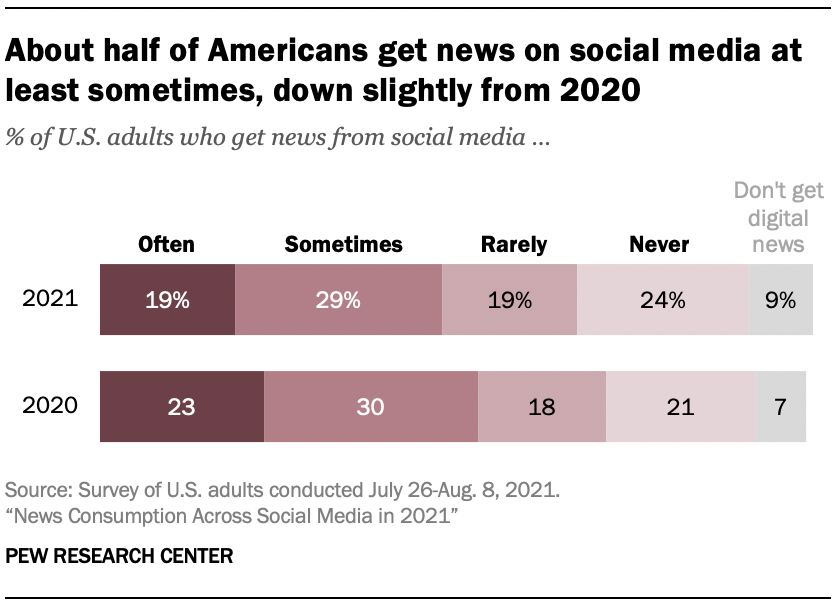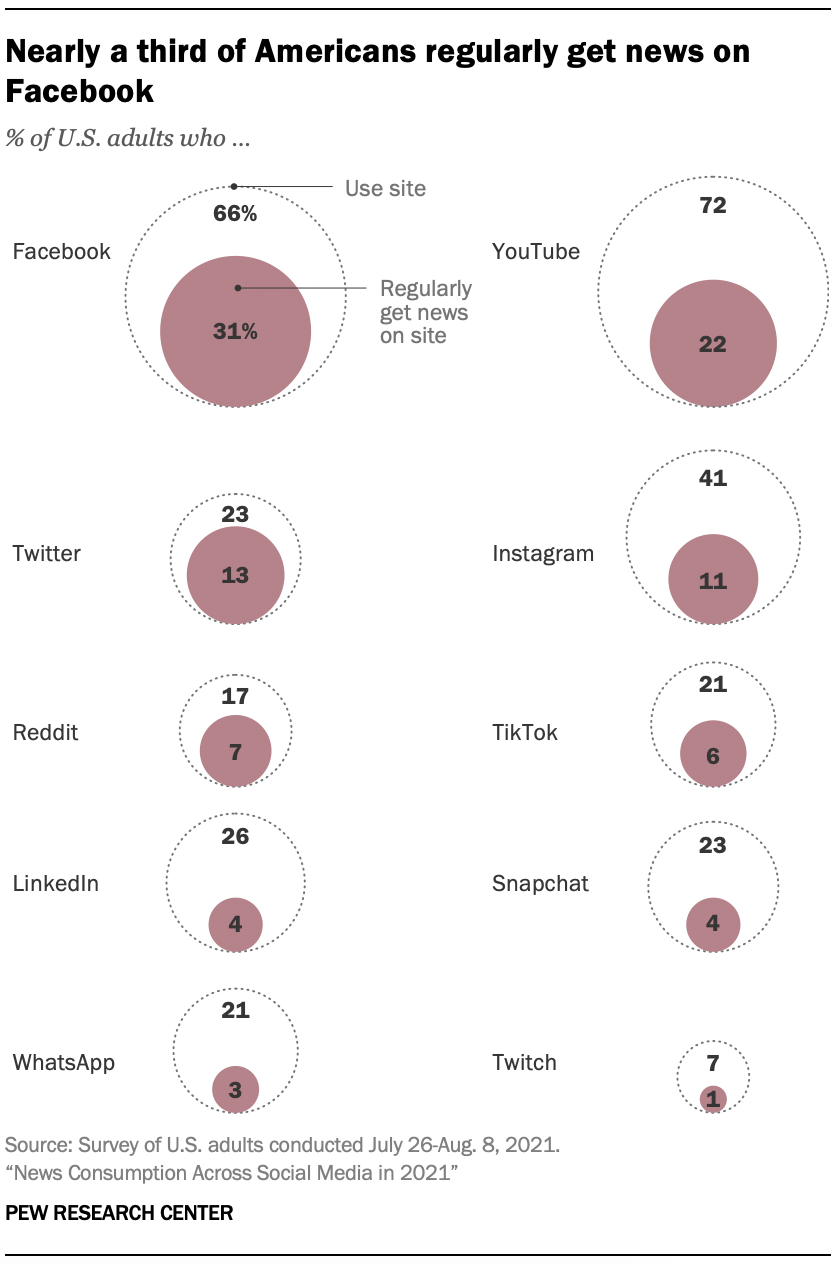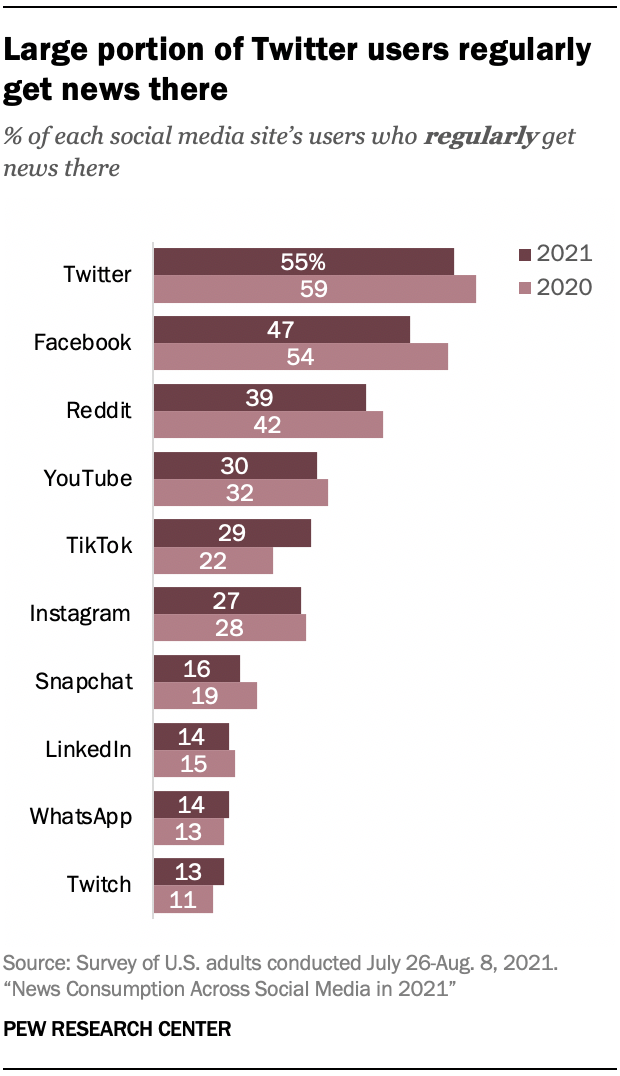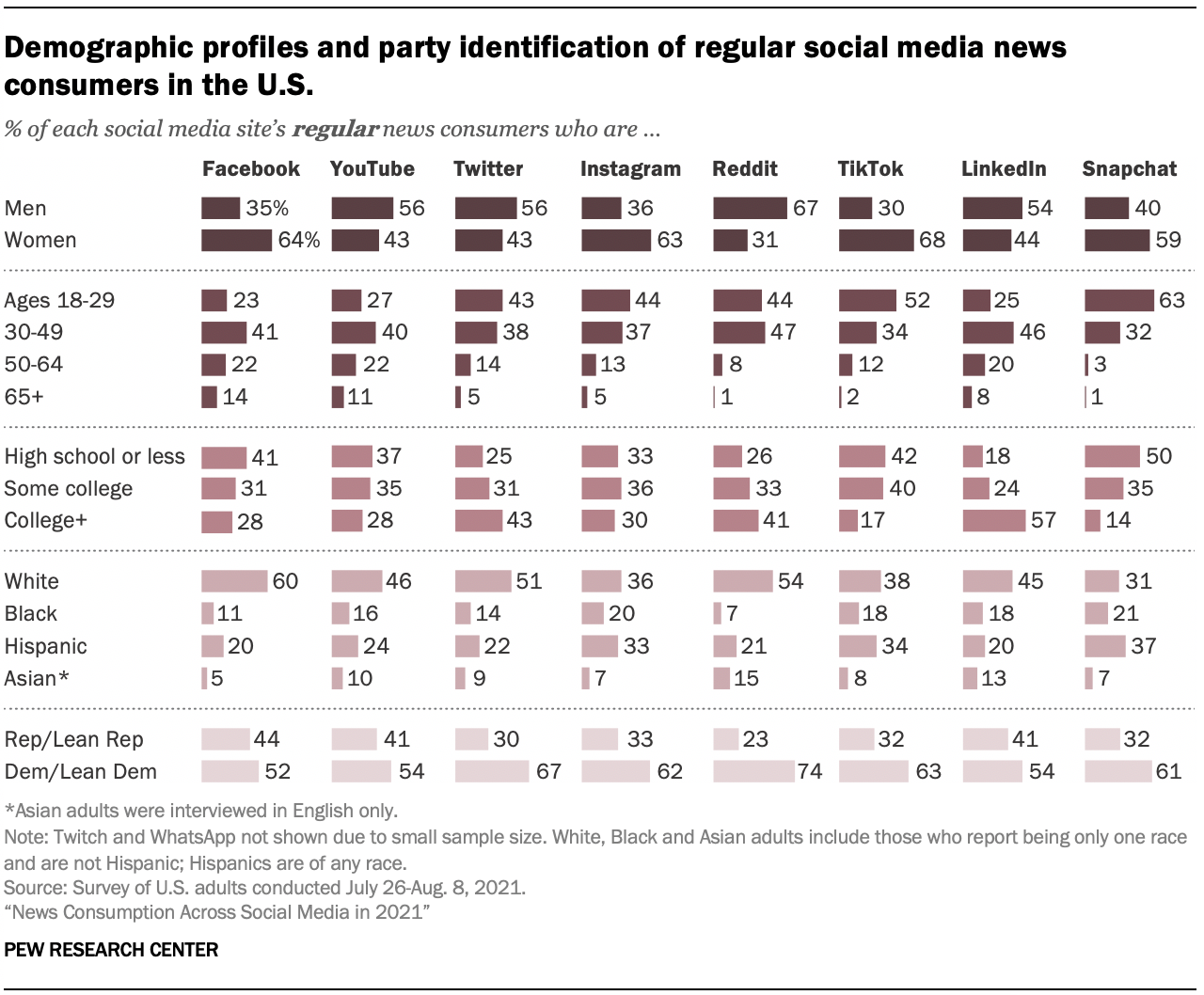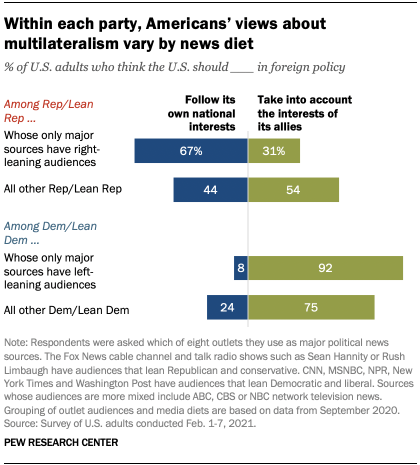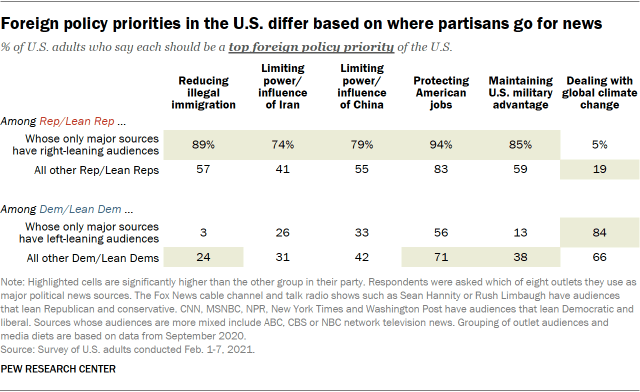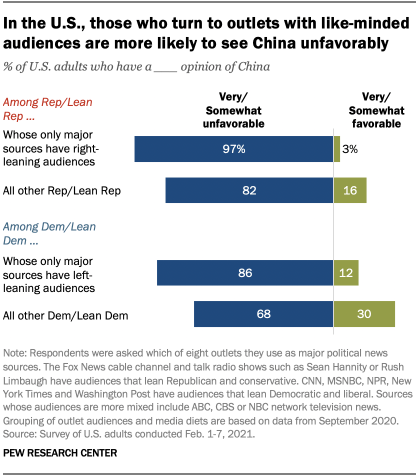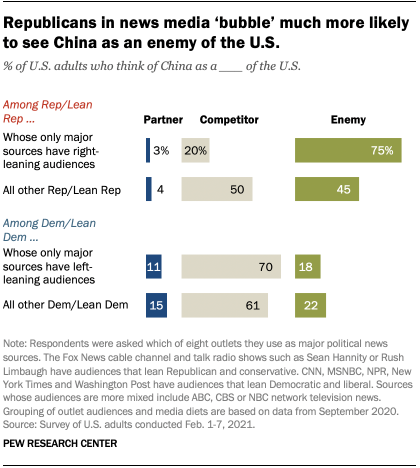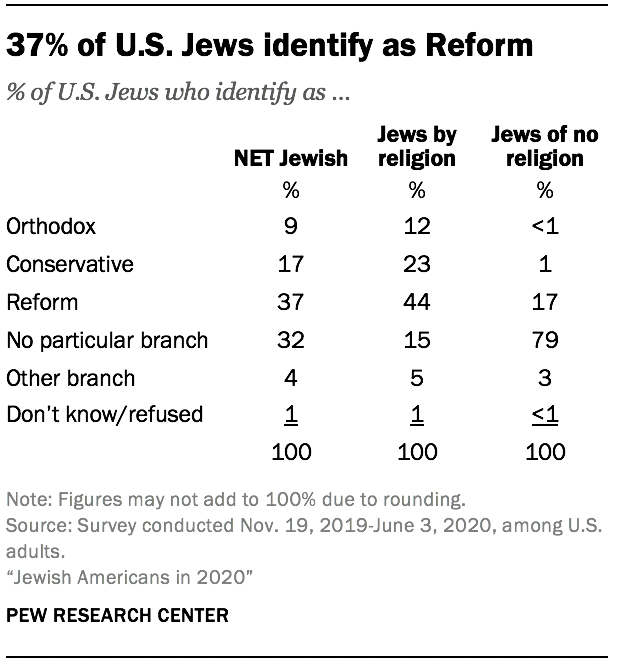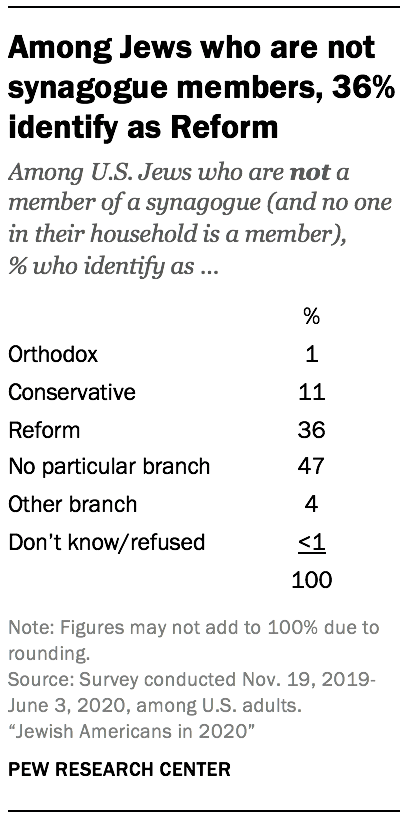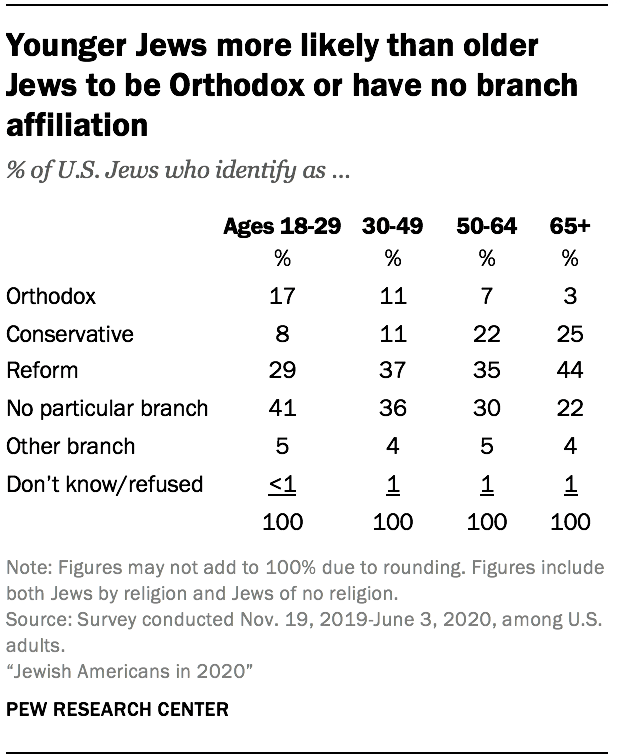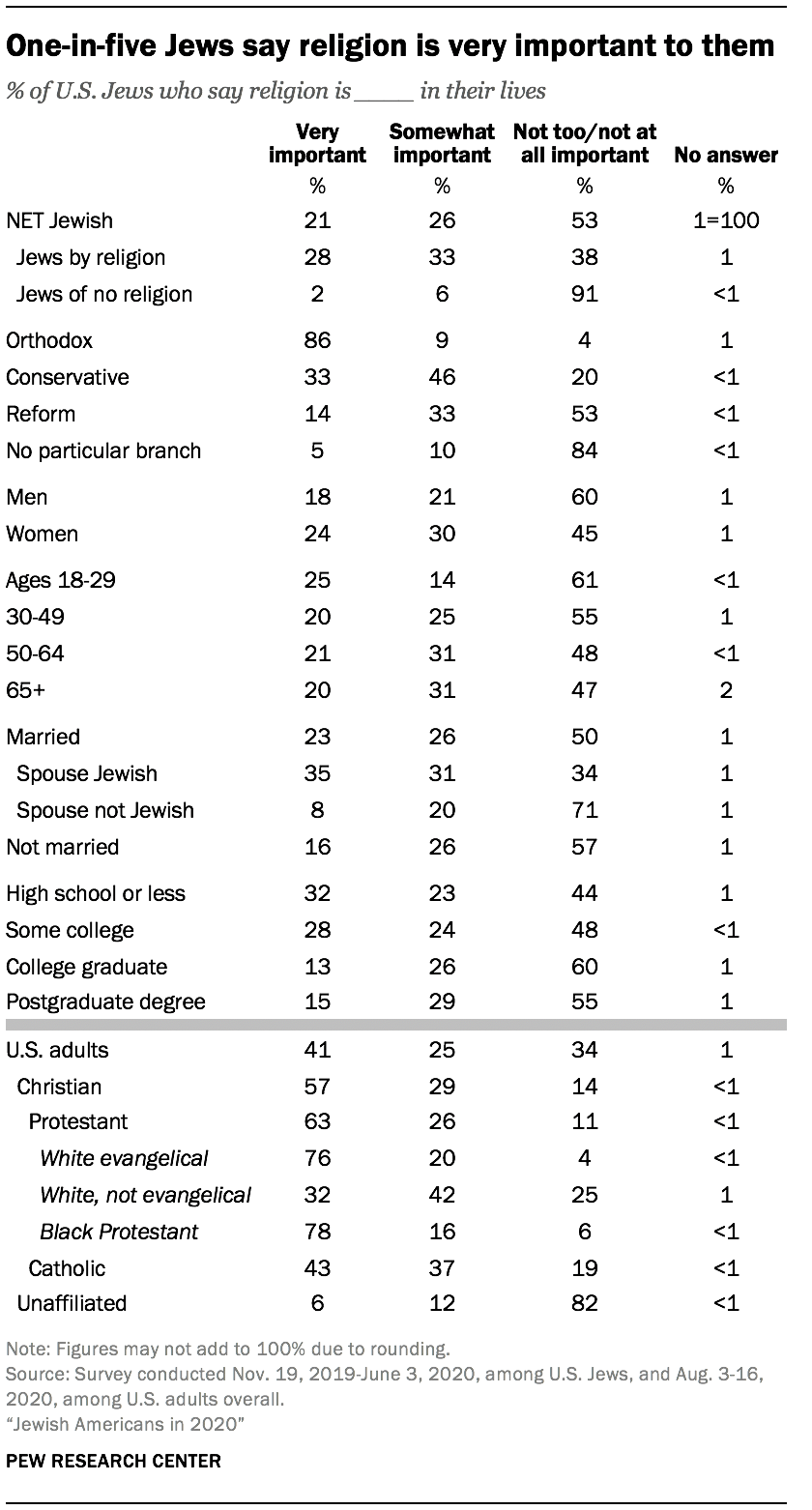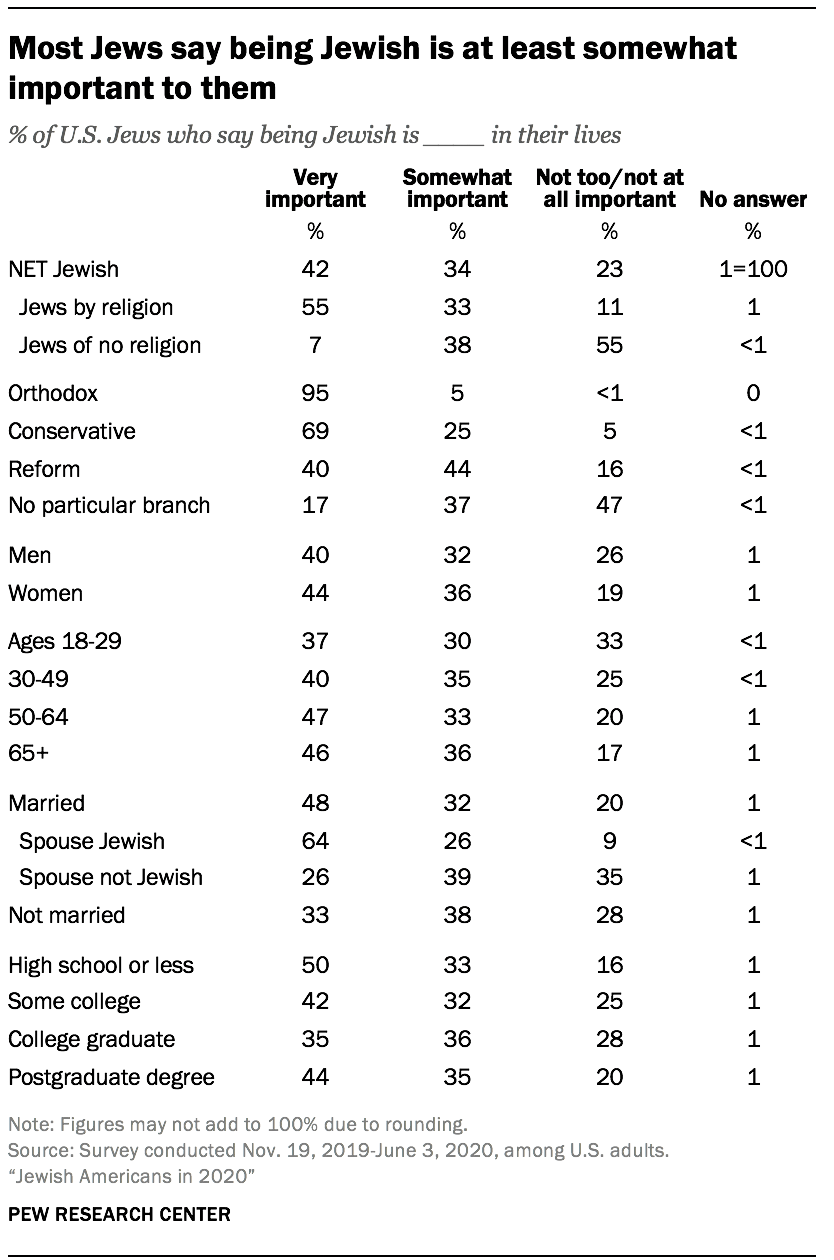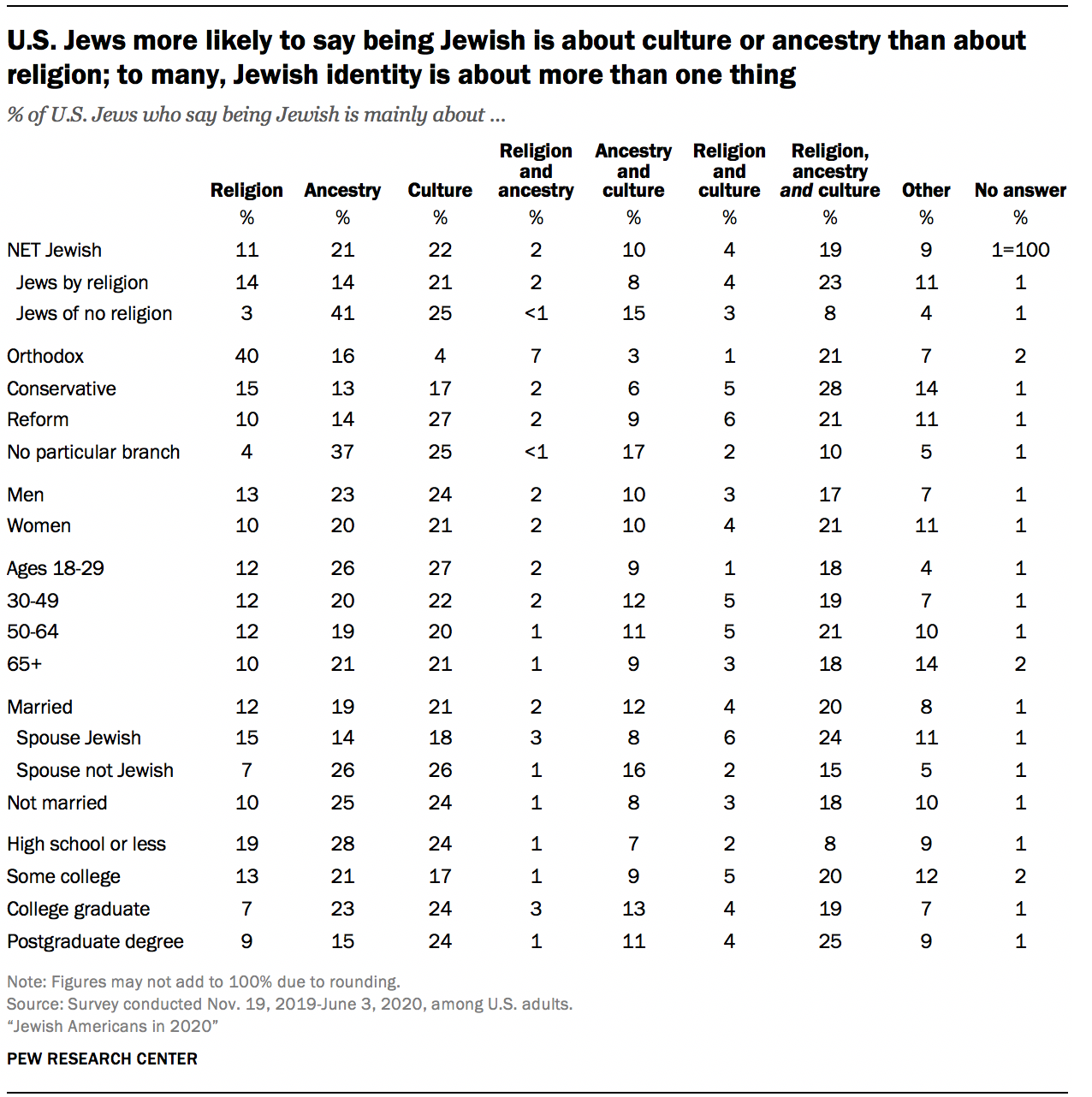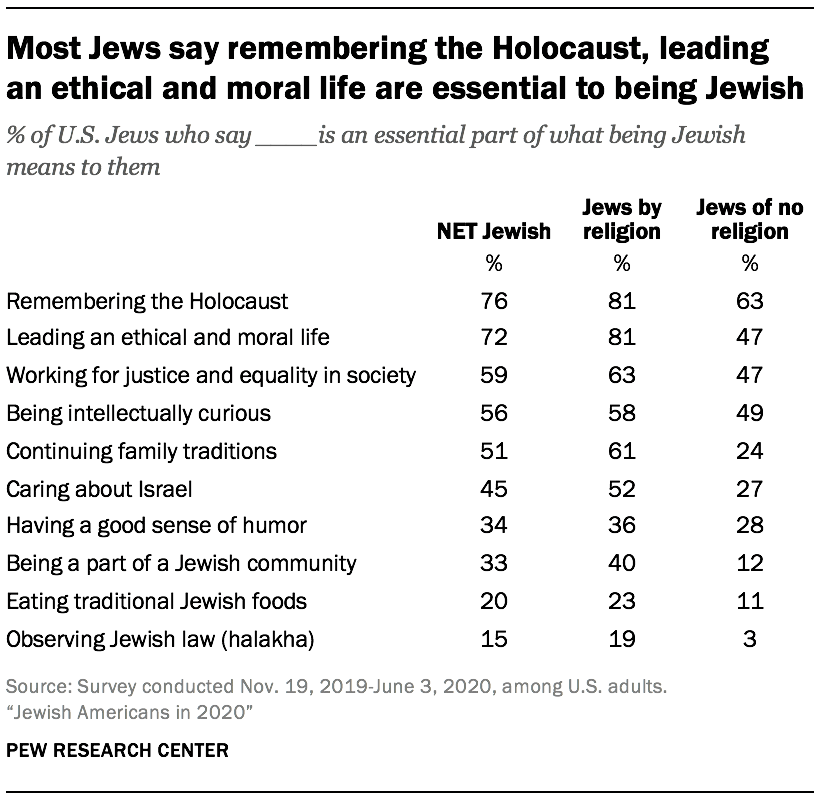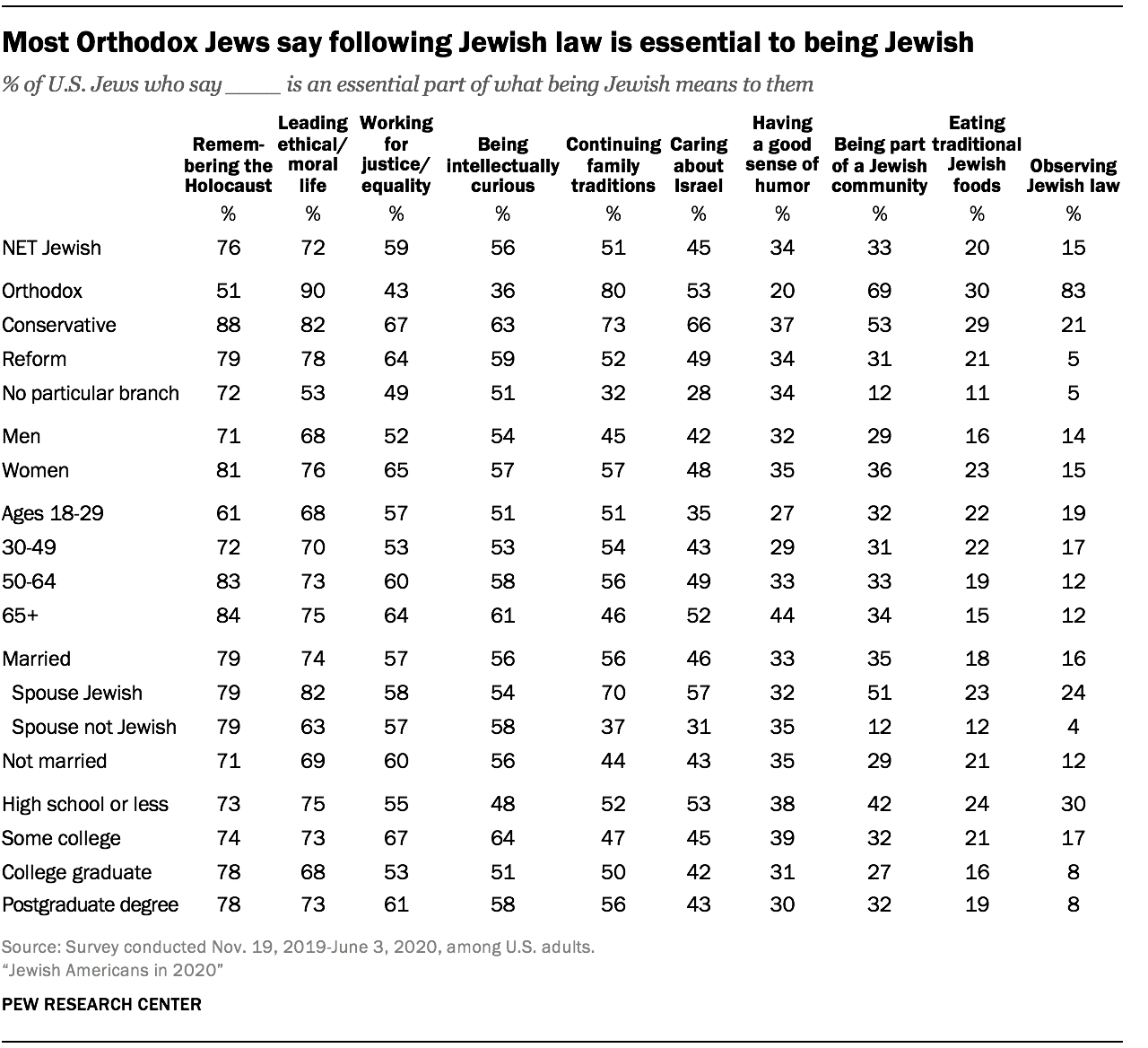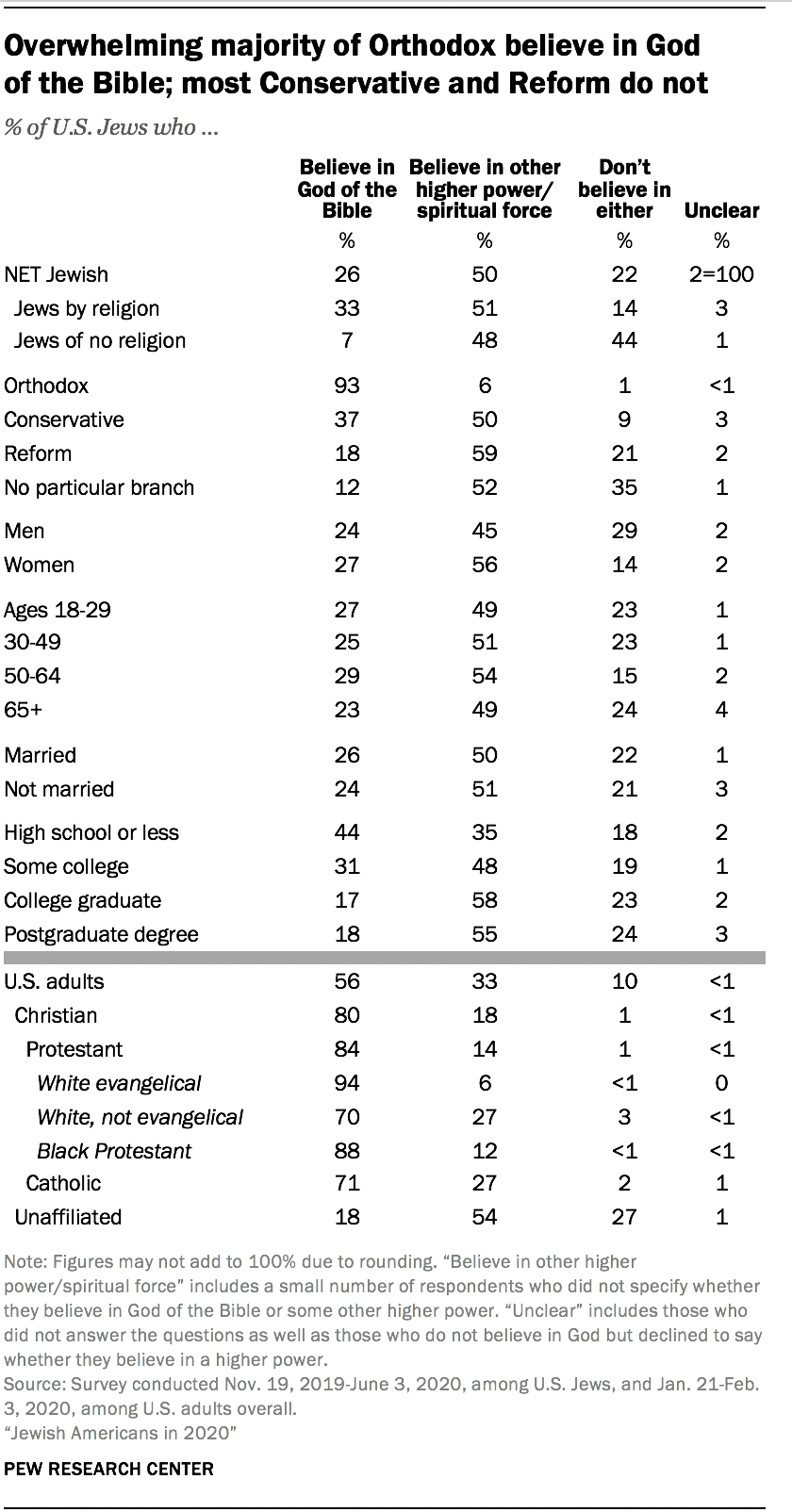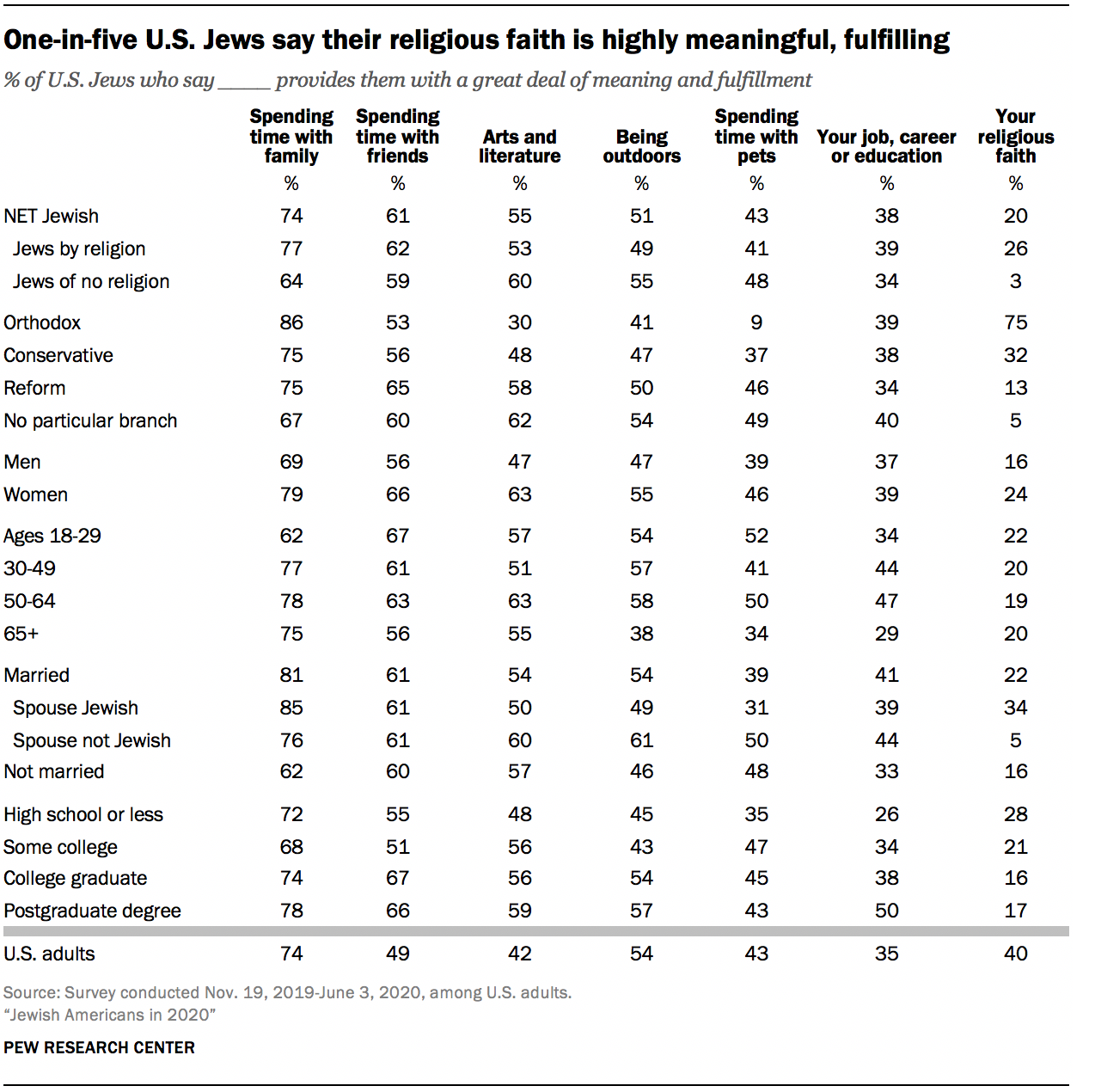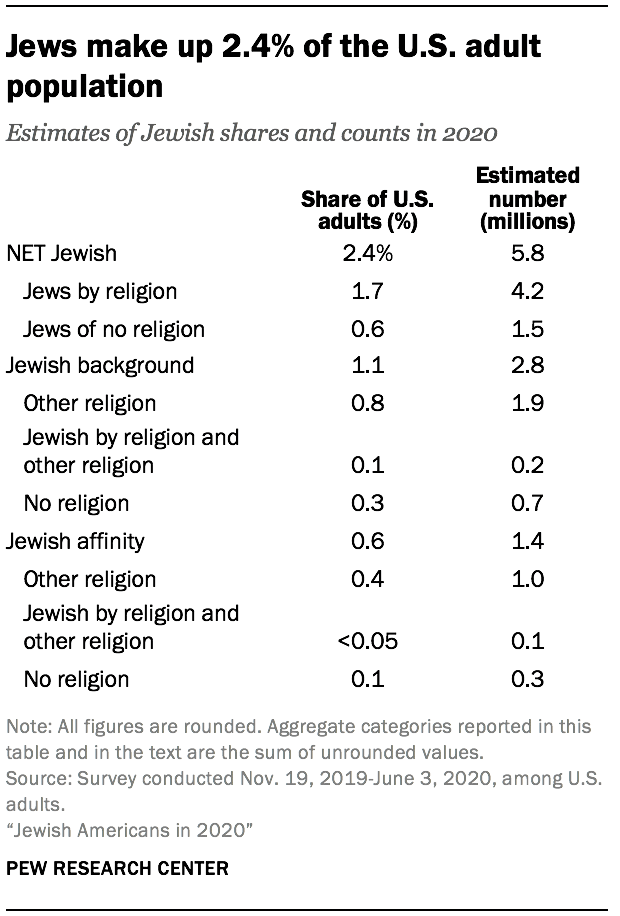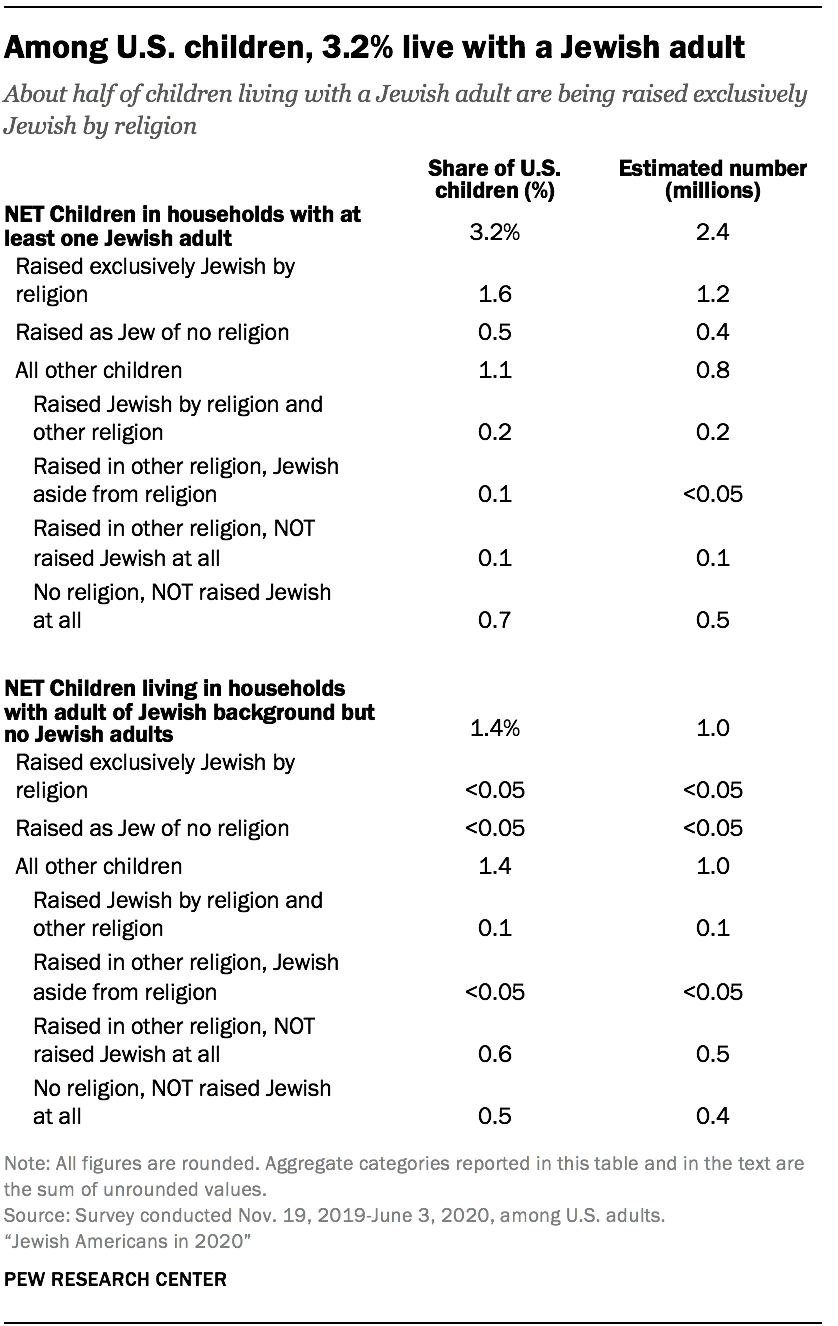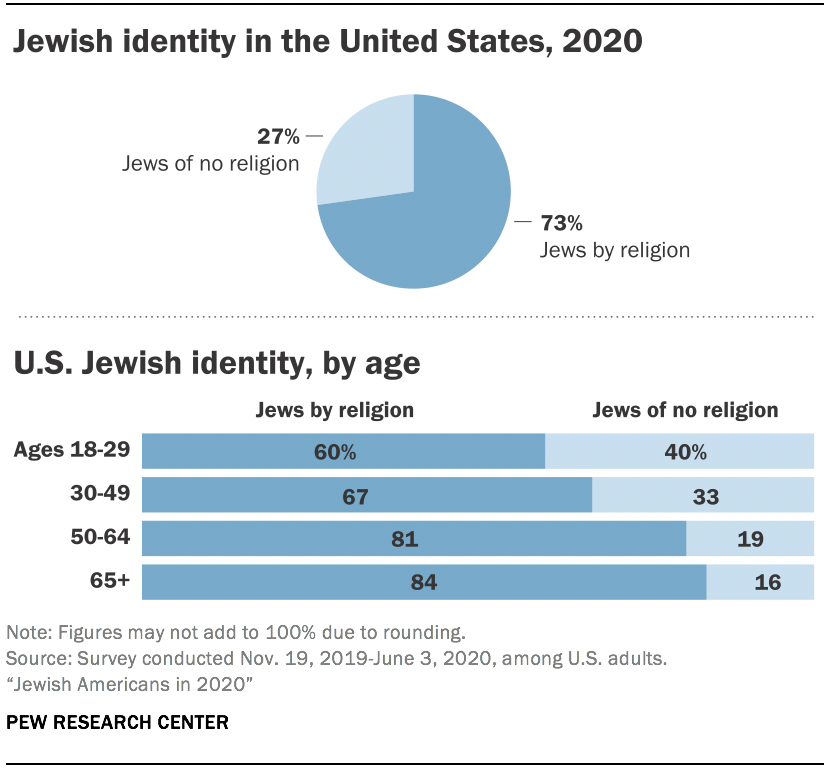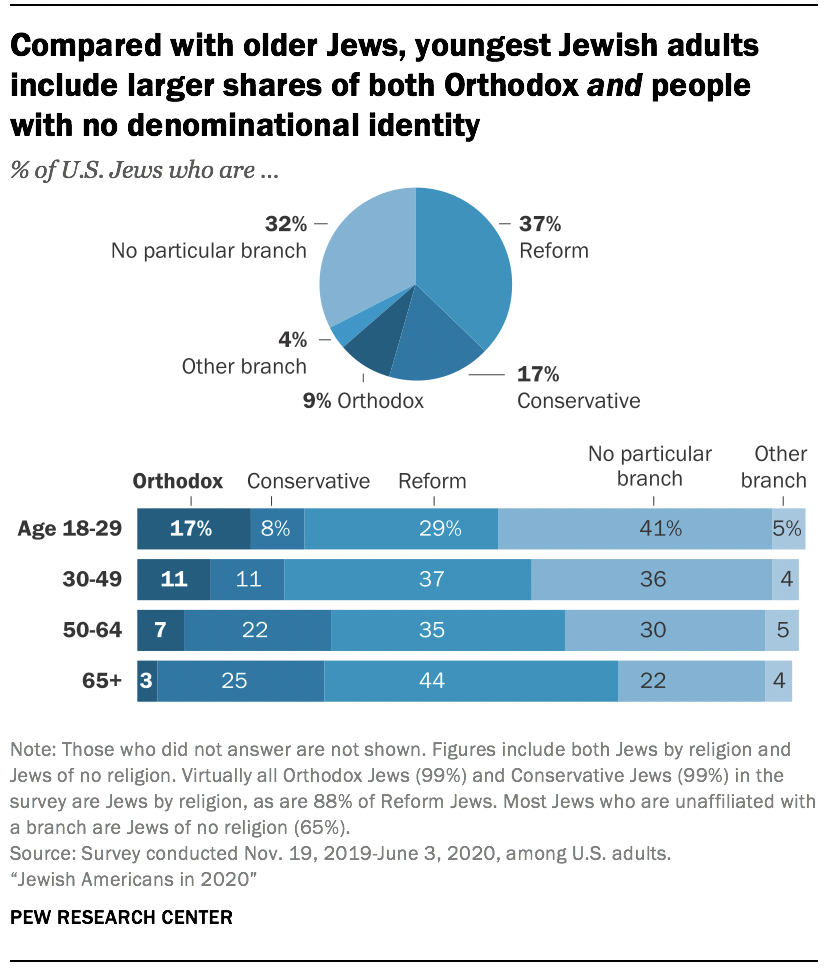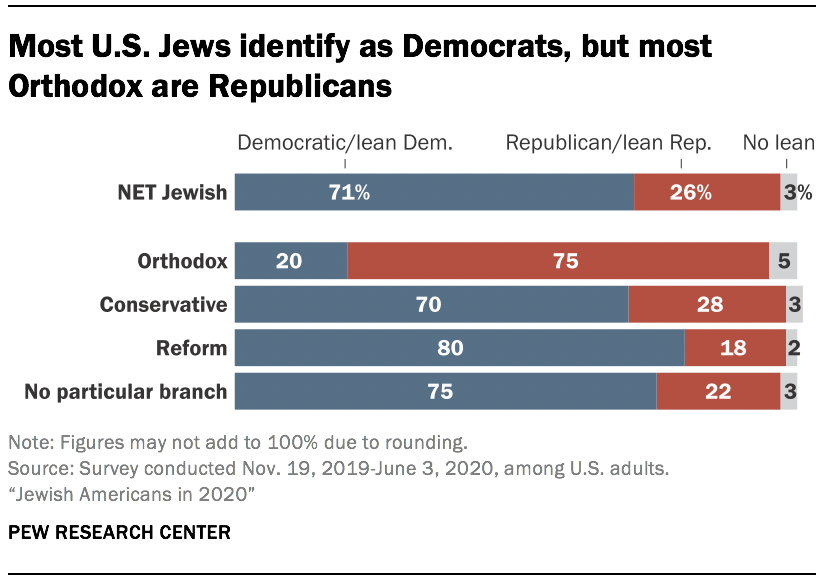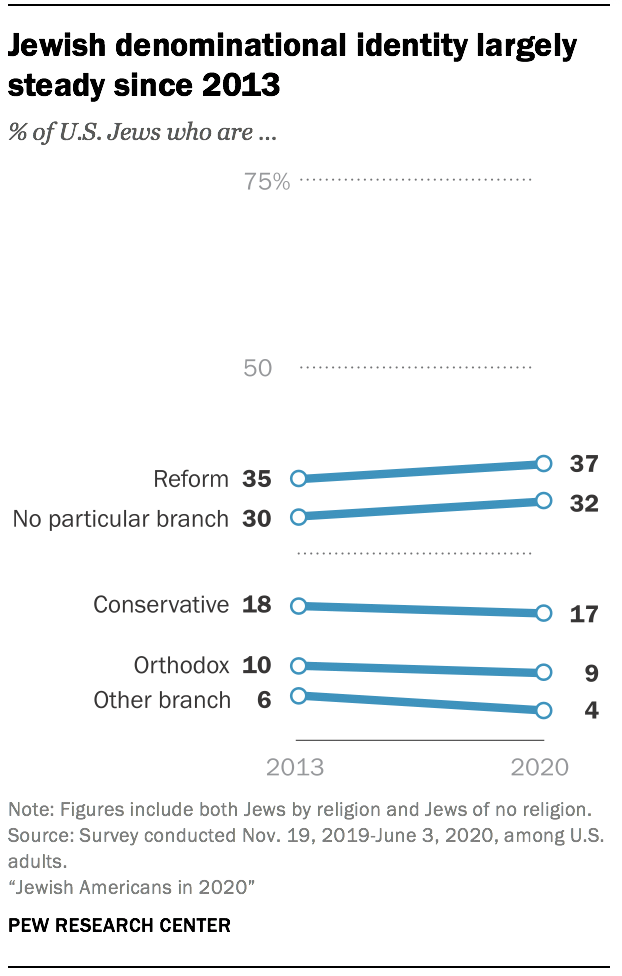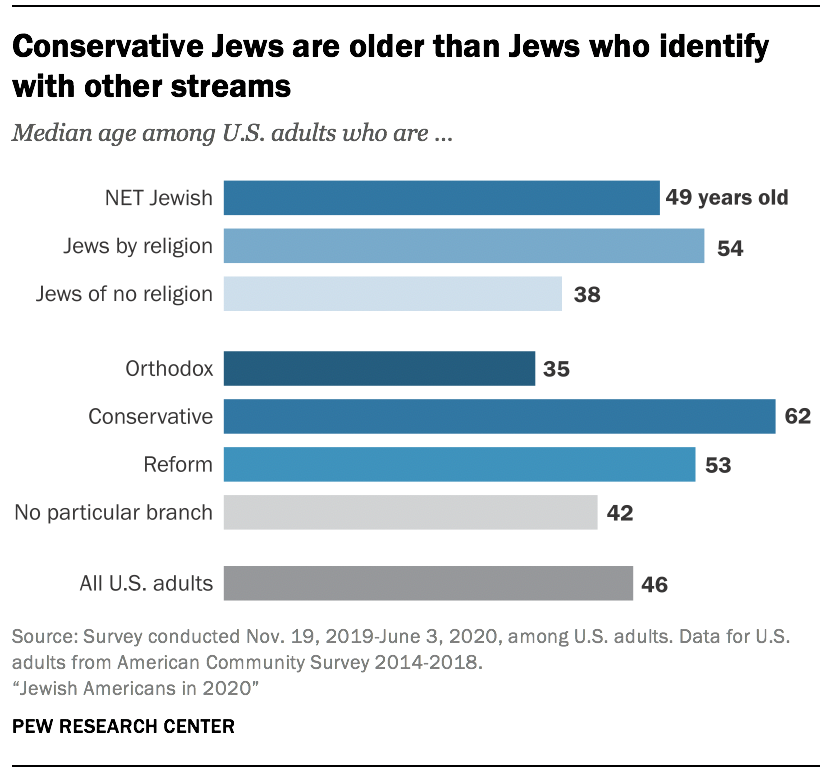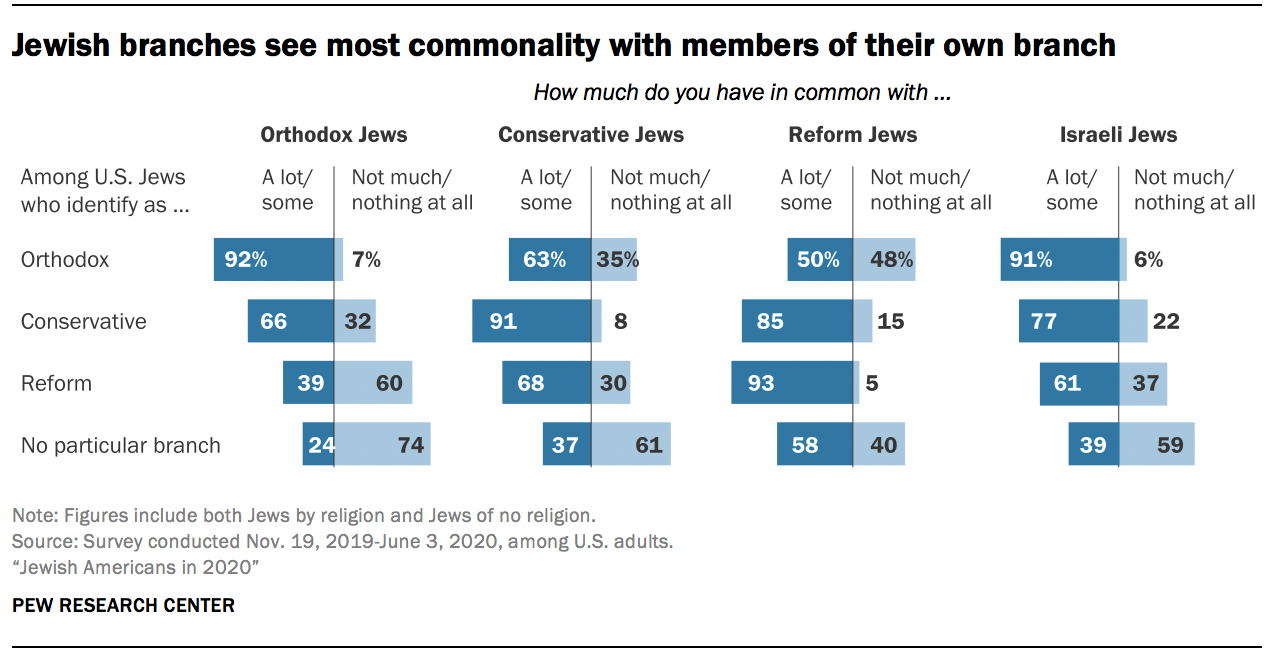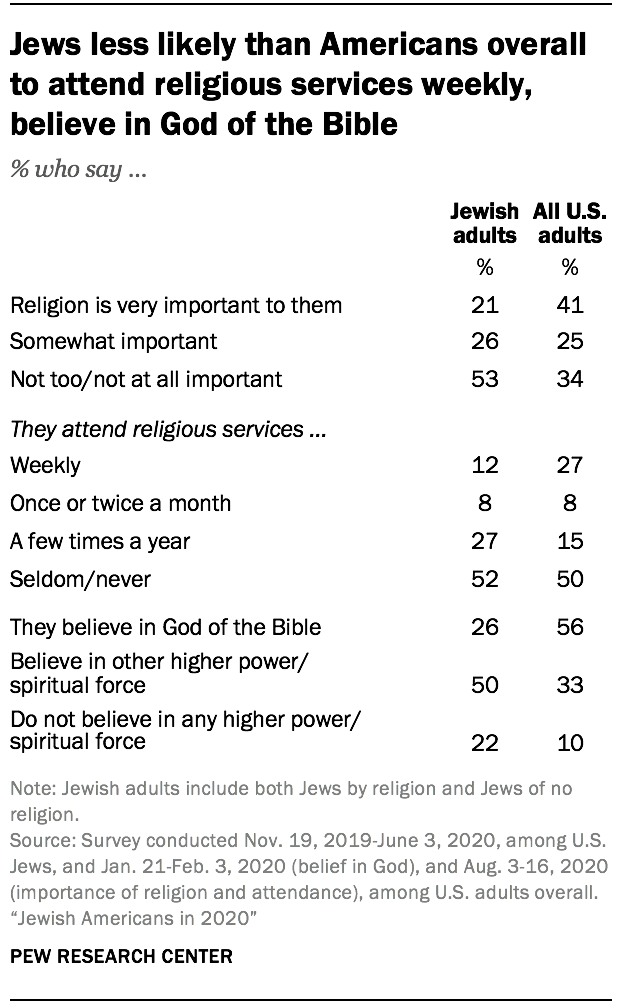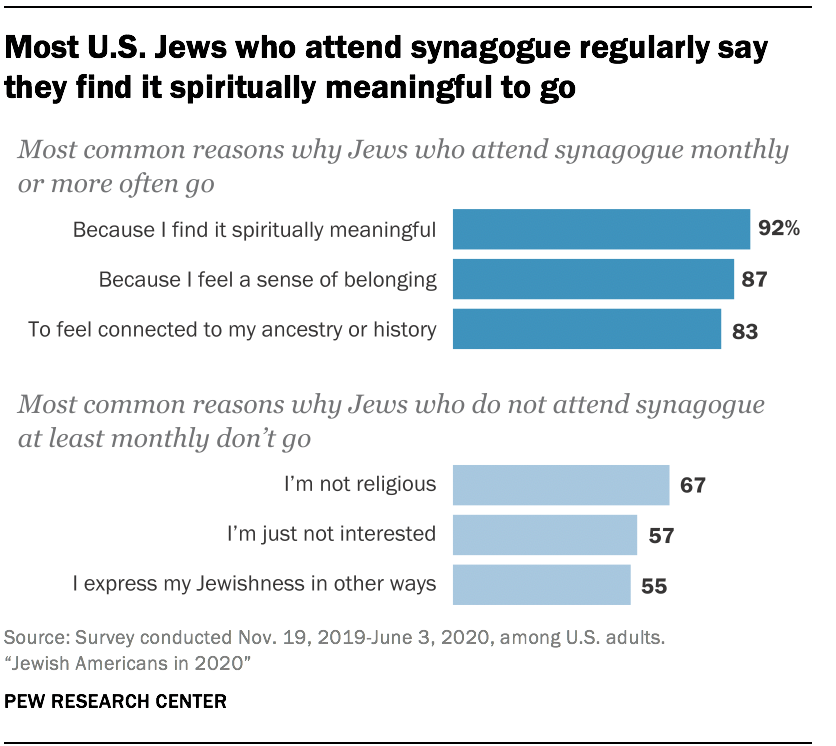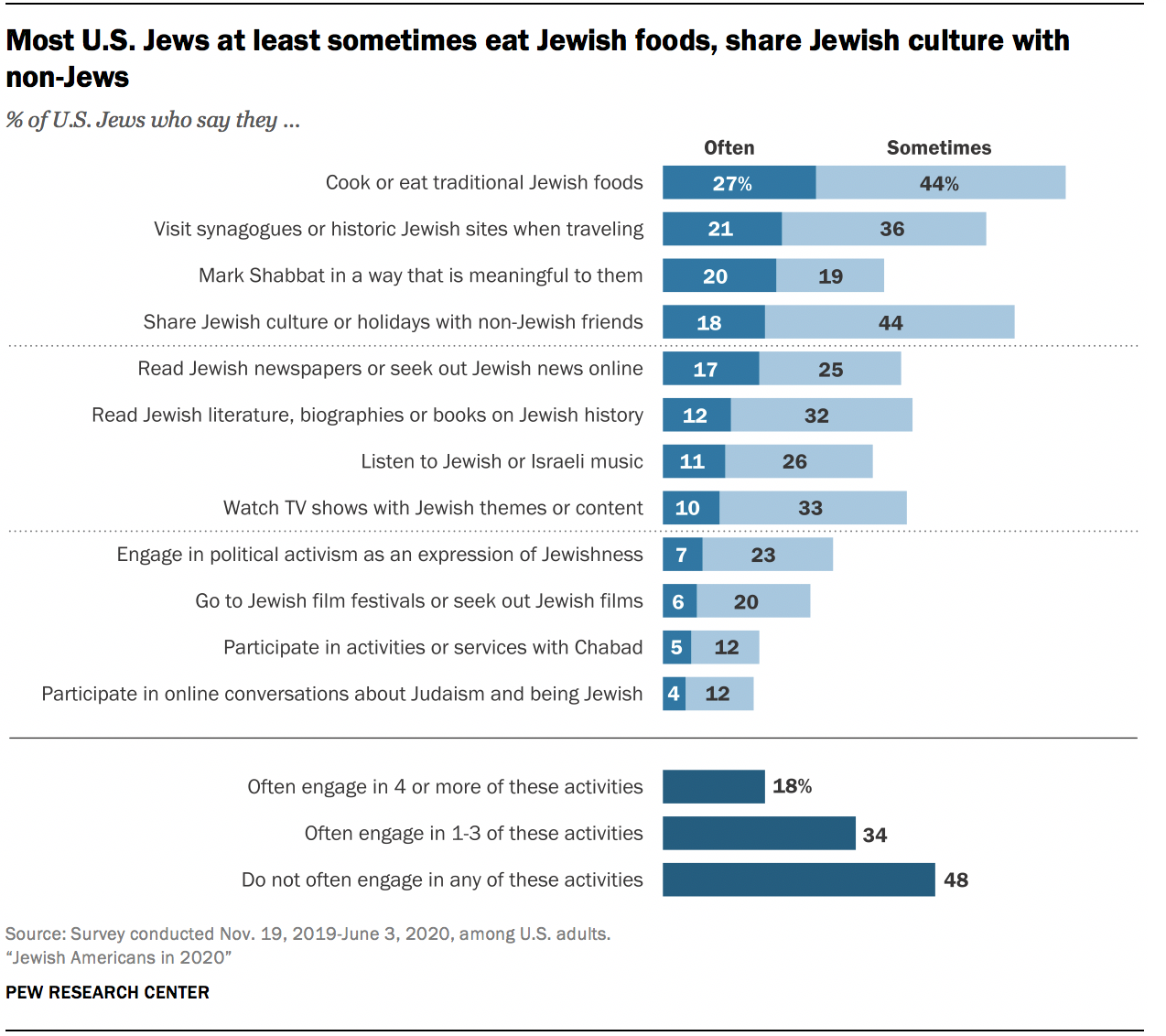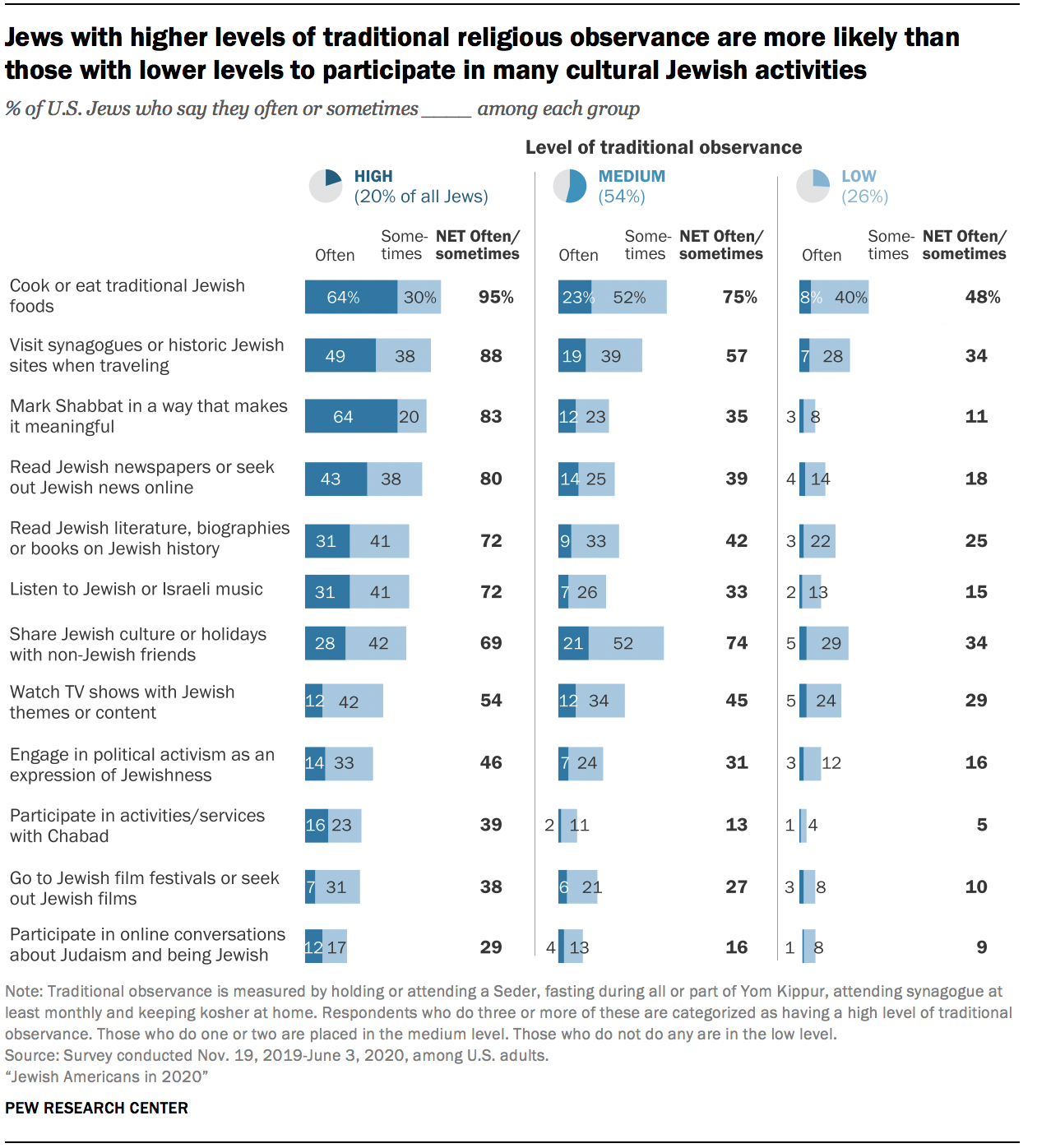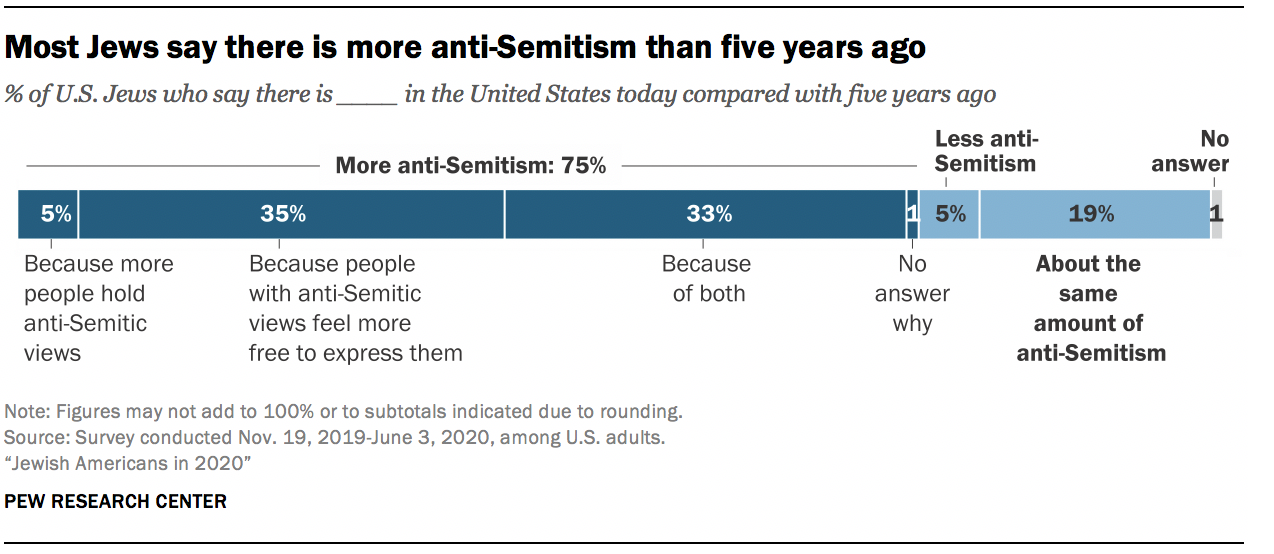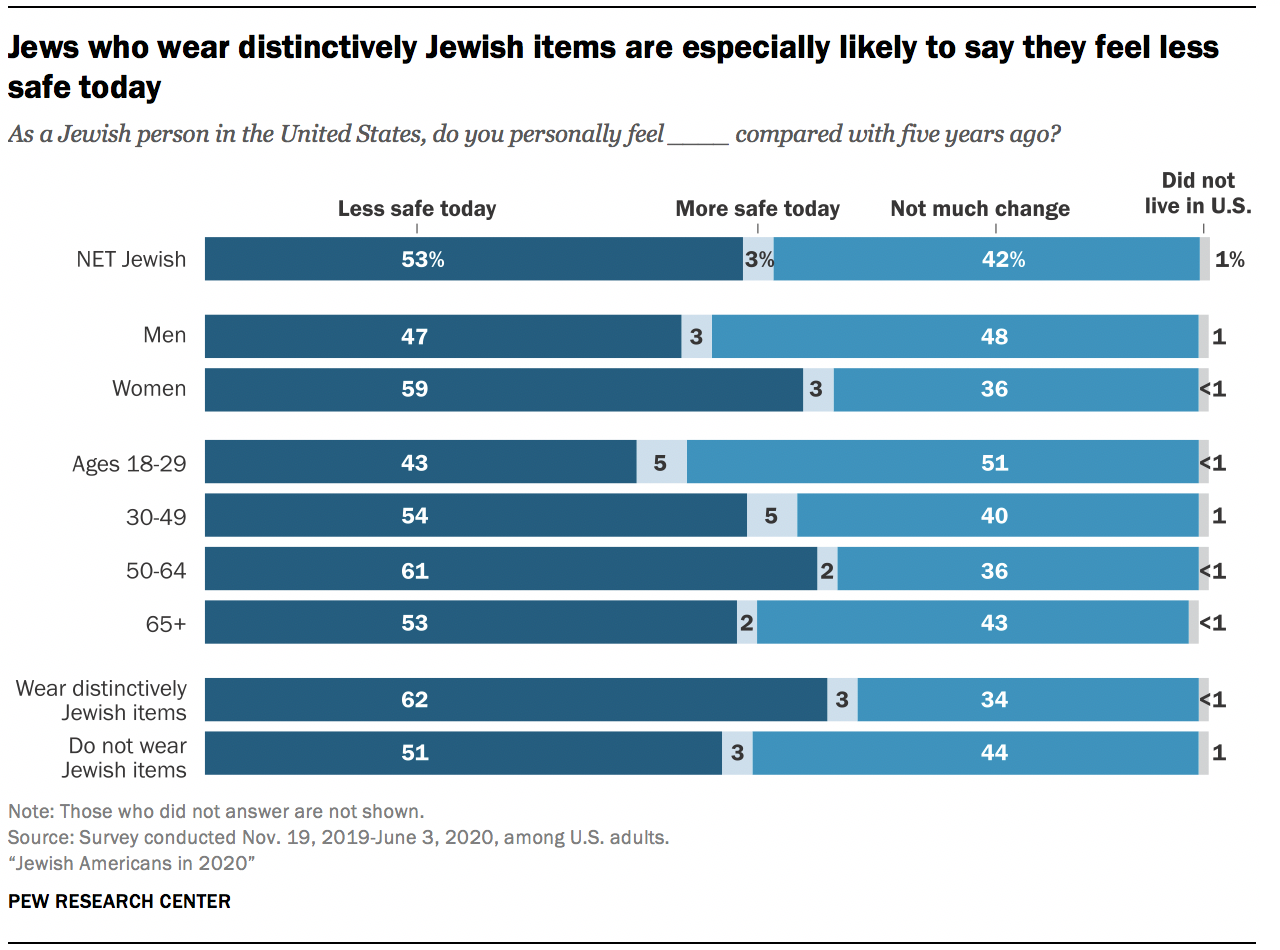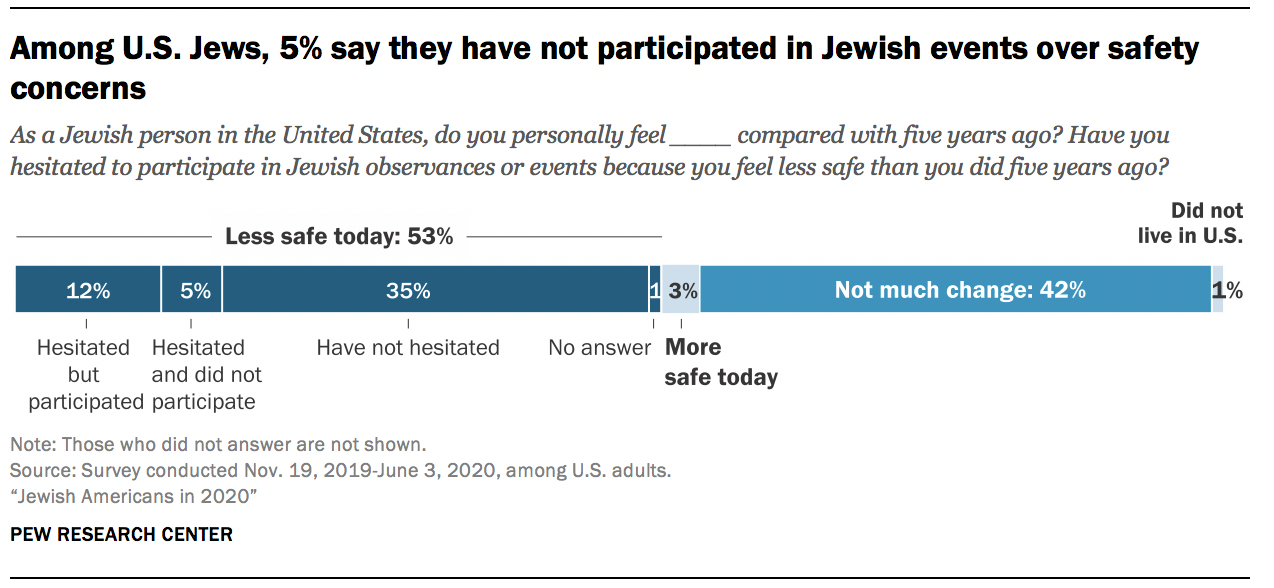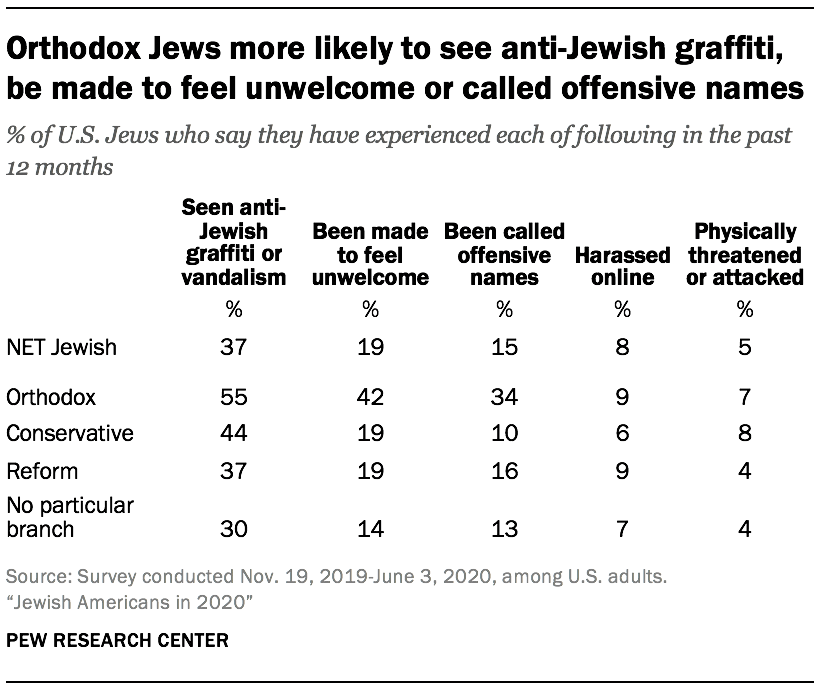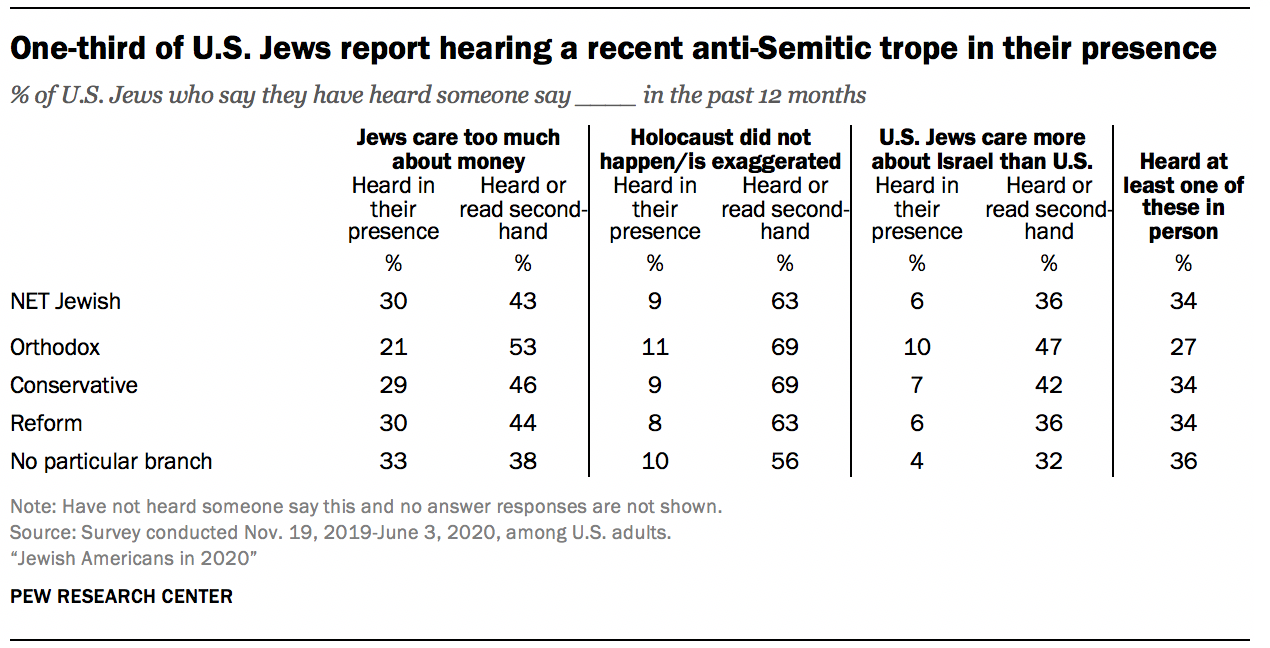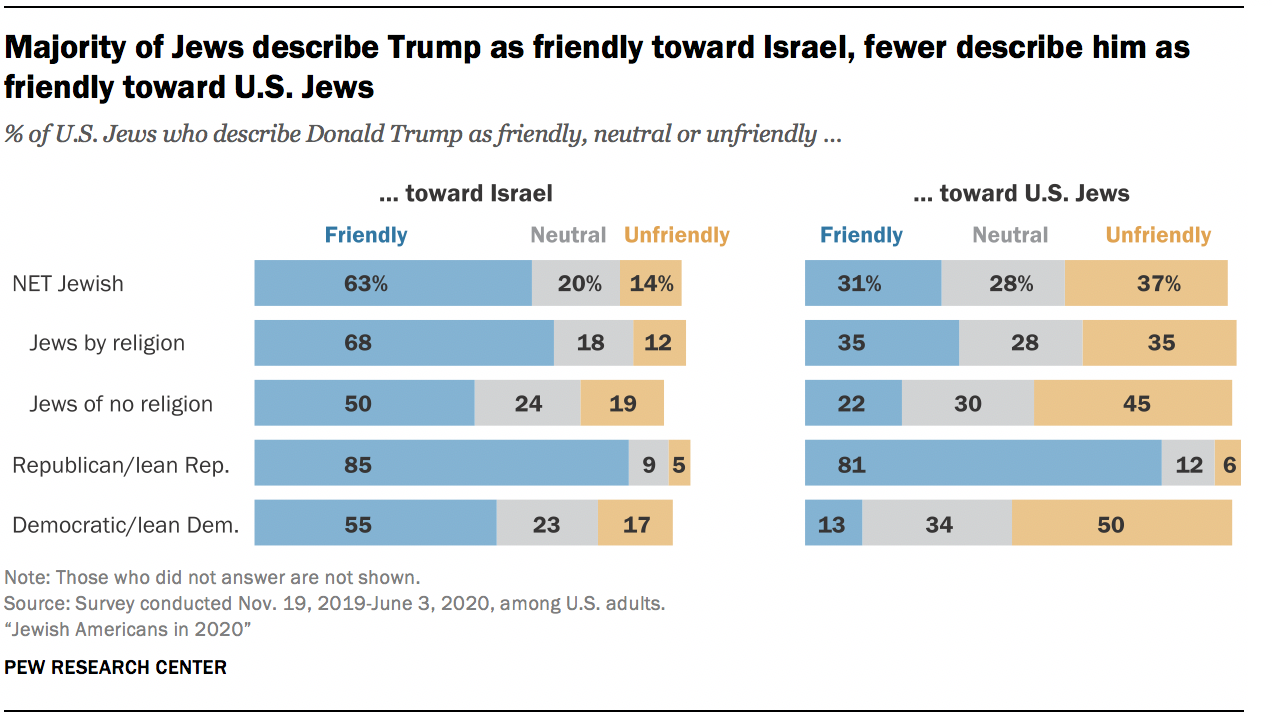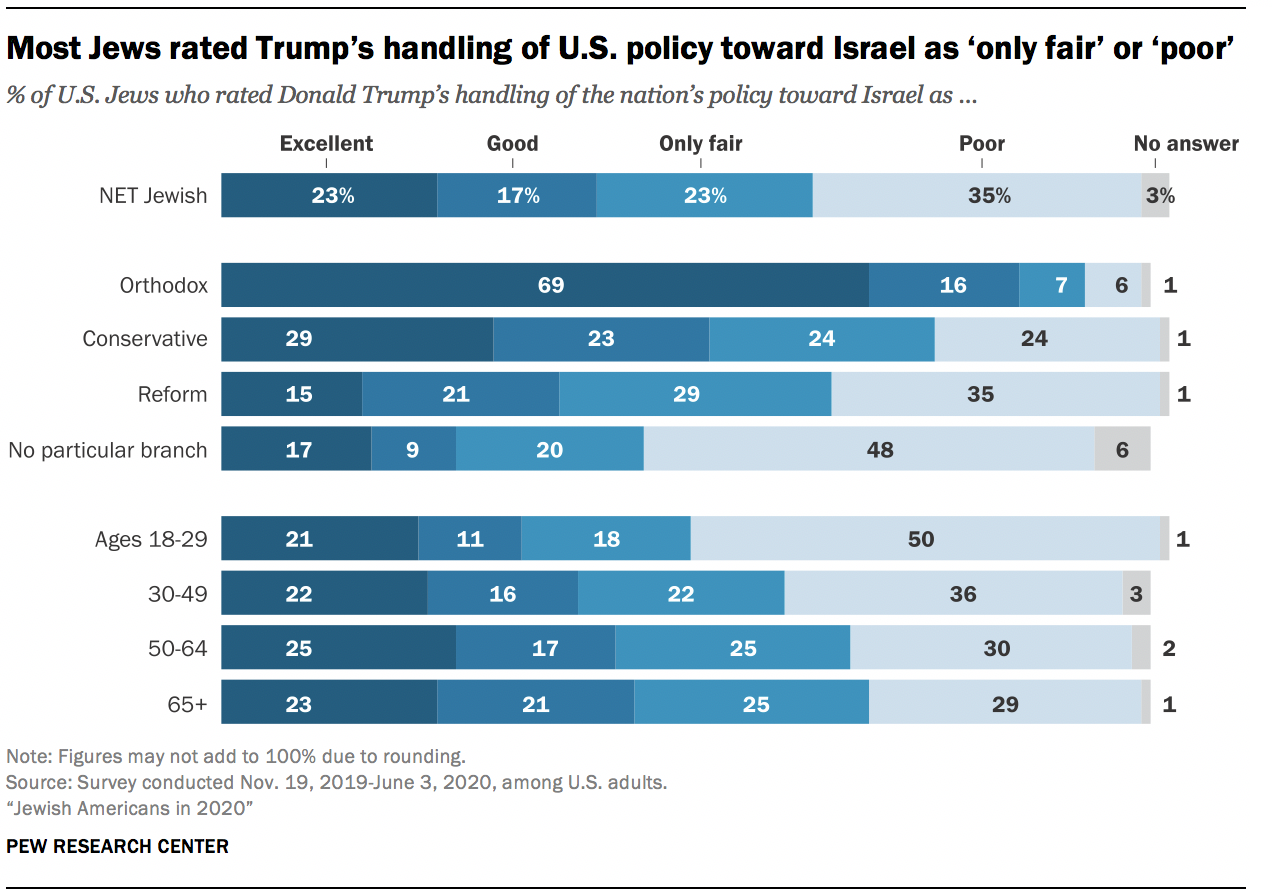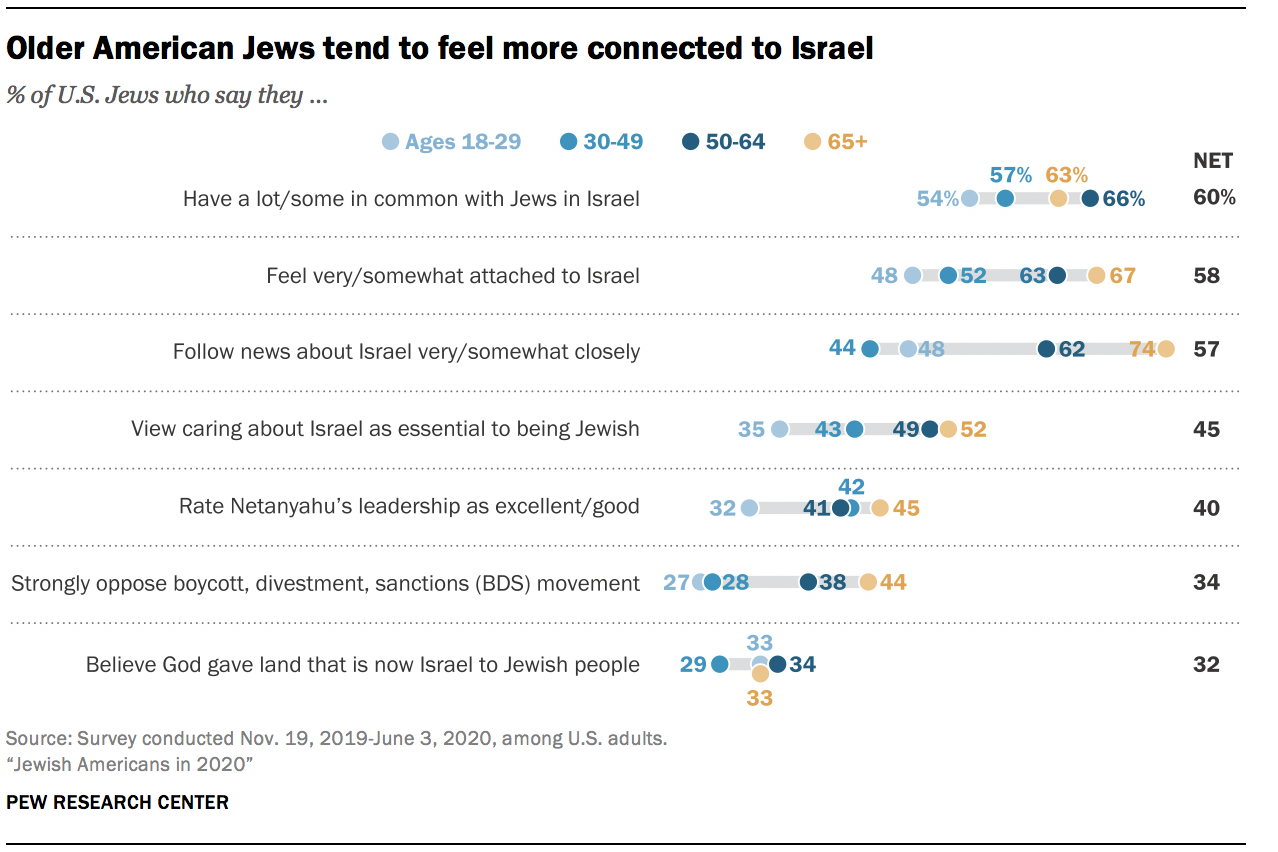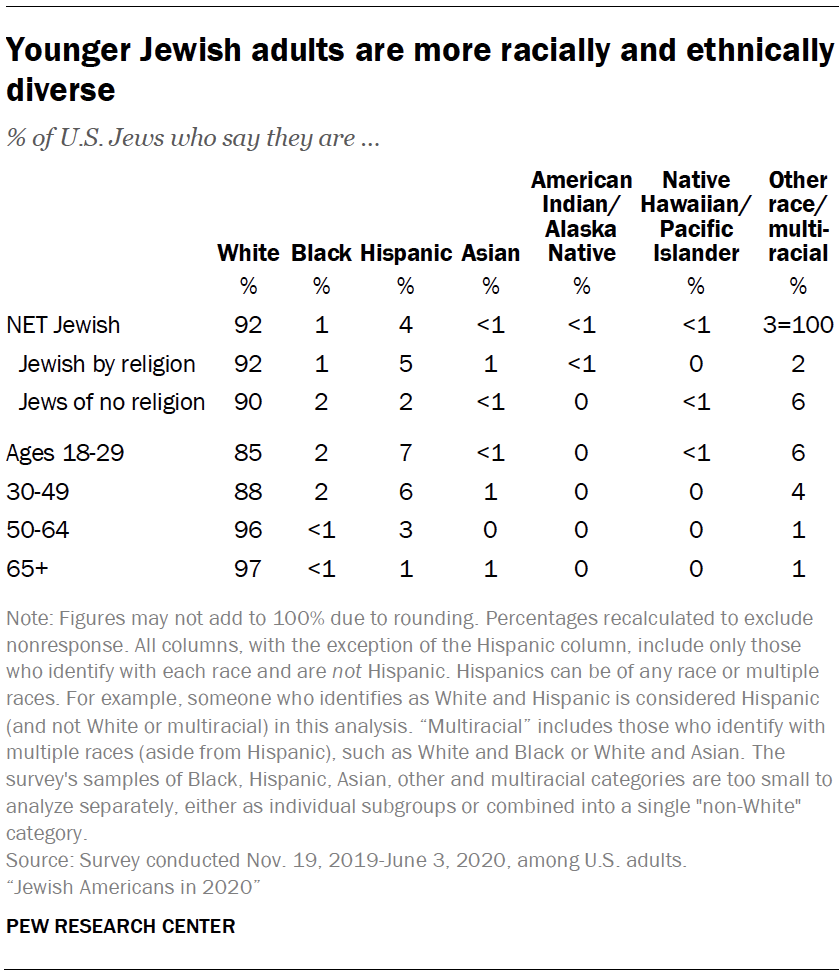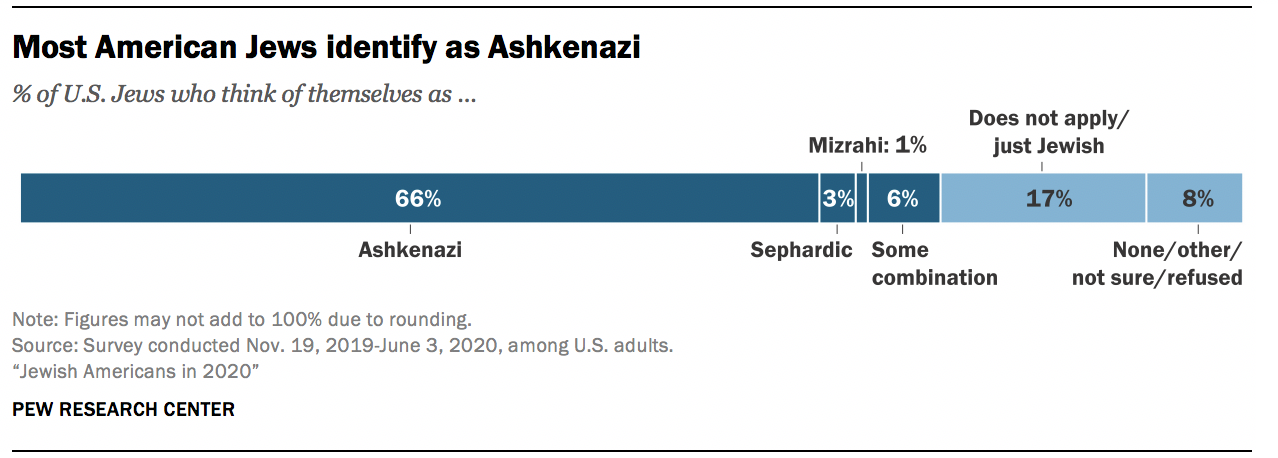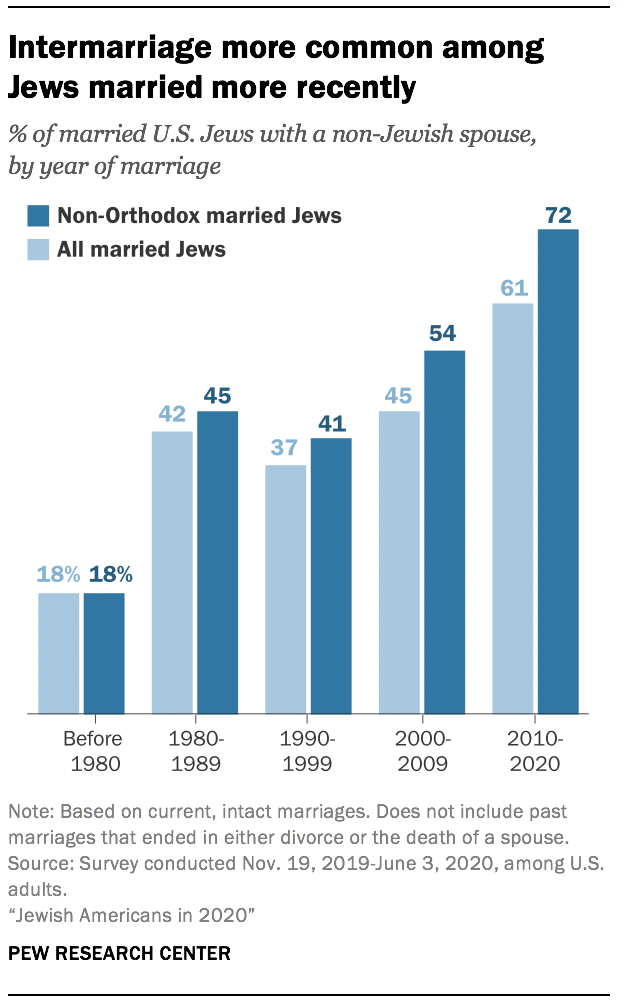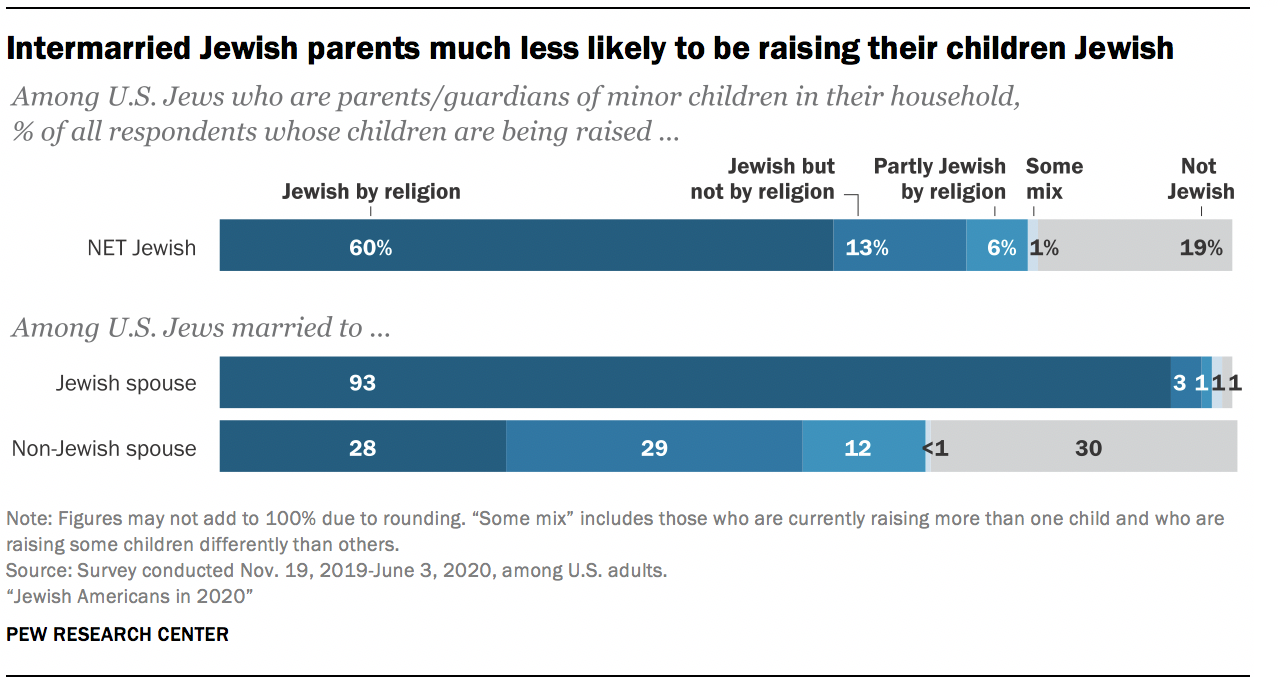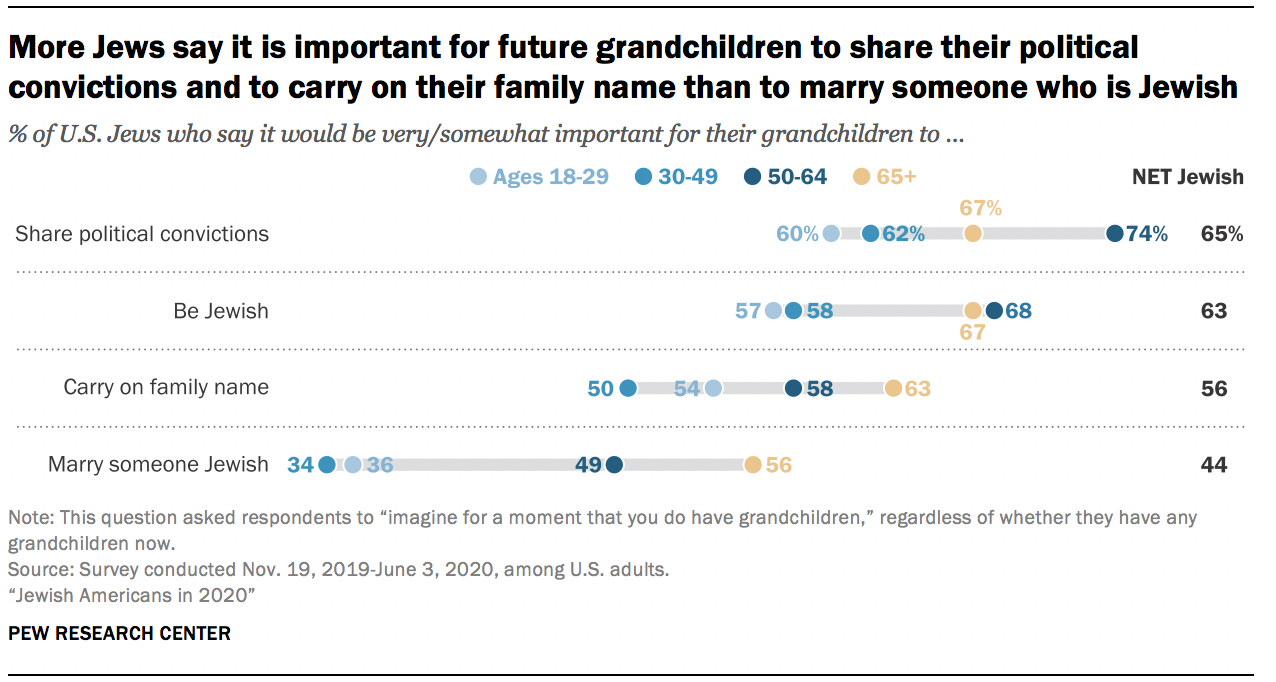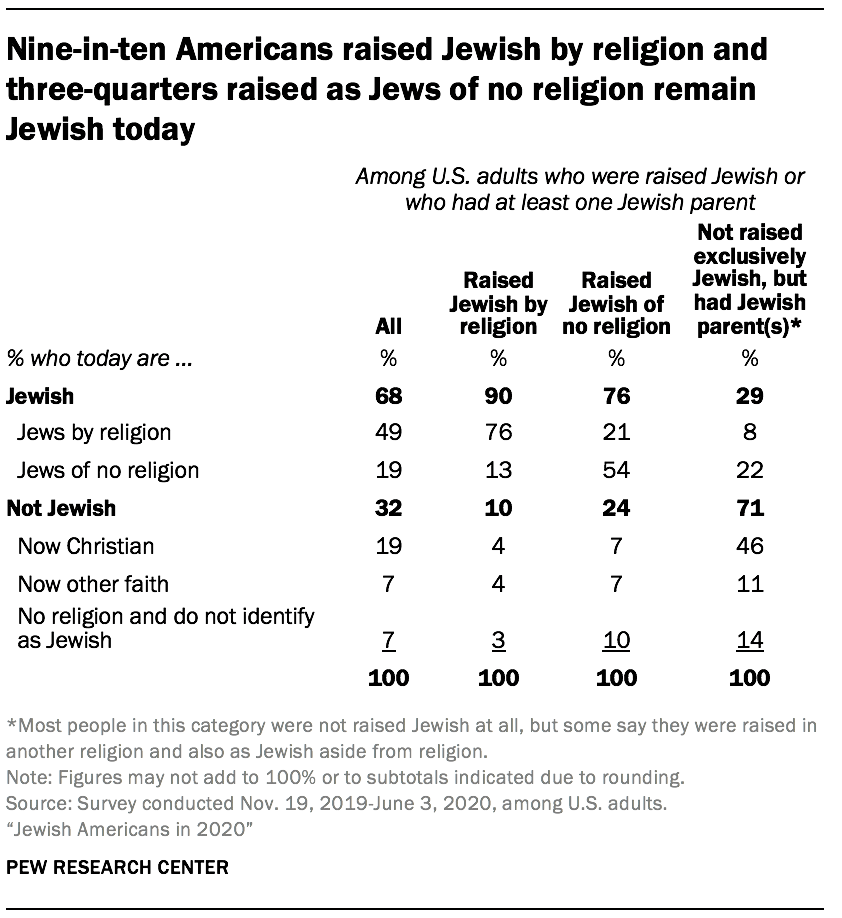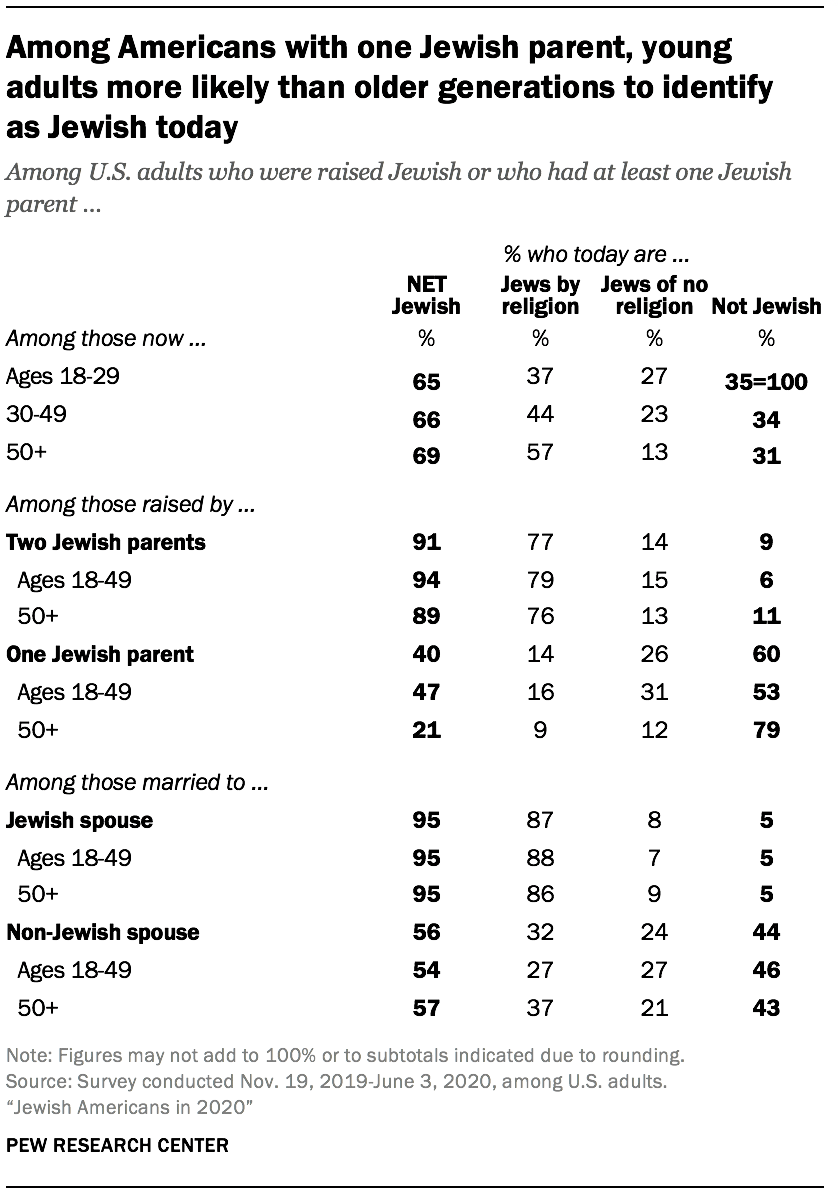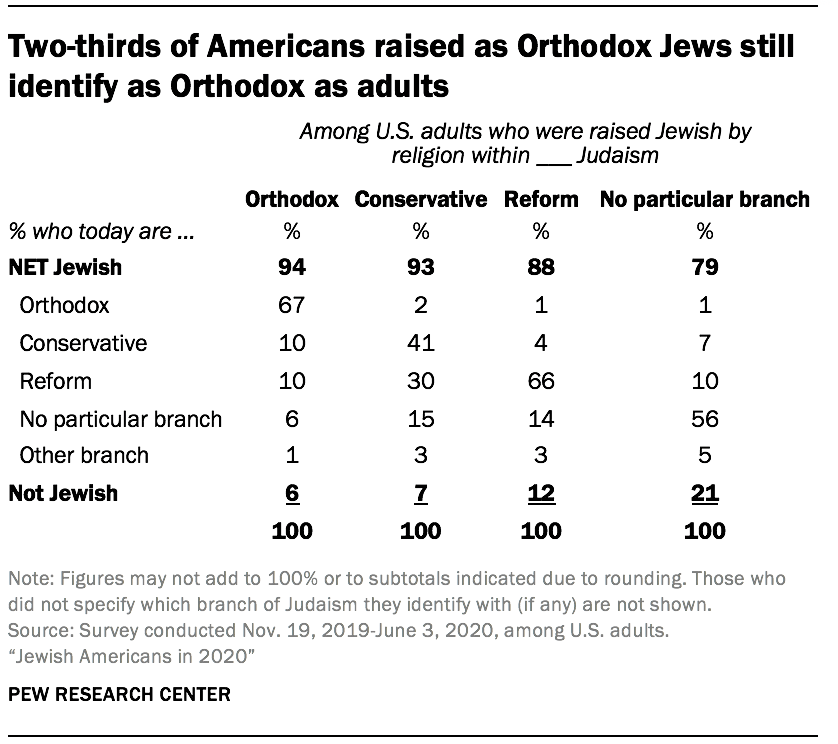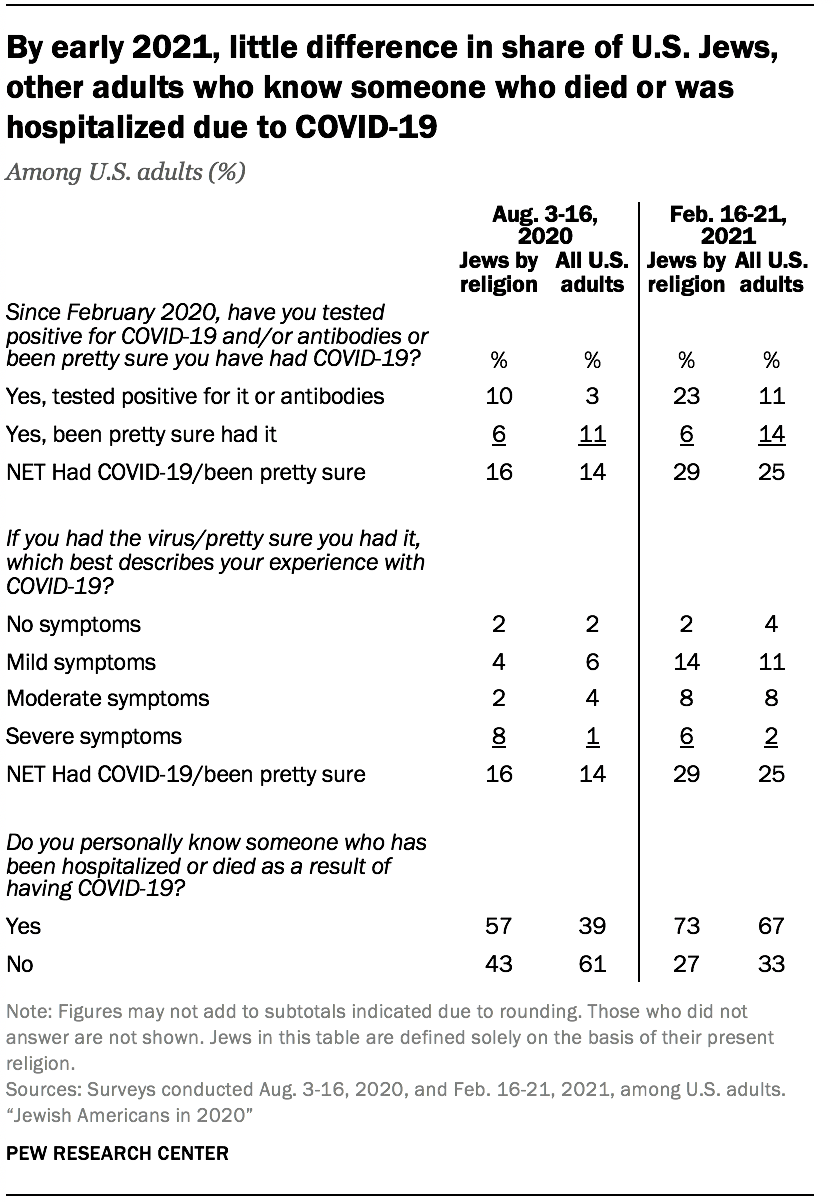Rubén Weinsteiner
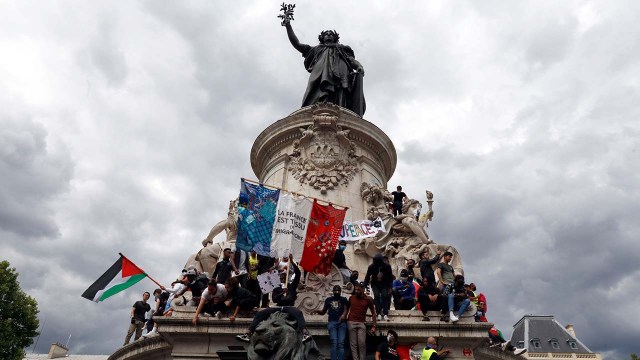 Protesters
rally as part of a wave of worldwide protests against racism and police
brutality on Place de la Republique in Paris in June 2020. (Mehdi
Taamallah/NurPhoto via Getty Images)
Protesters
rally as part of a wave of worldwide protests against racism and police
brutality on Place de la Republique in Paris in June 2020. (Mehdi
Taamallah/NurPhoto via Getty Images)
How we did this
This
MARCA POLITICA analysis focuses on attitudes toward diversity and
conflict around the world. For this report, we conducted nationally
representative surveys of 16,254 adults from March 12 to May 26, 2021,
in 16 advanced economies. All surveys were conducted over the phone with
adults in Canada, Belgium, France, Germany, Greece, Italy, the
Netherlands, Spain, Sweden, the United Kingdom, Australia, Japan, New
Zealand, Singapore, South Korea and Taiwan.
In the United
States, we surveyed 2,596 U.S. adults from Feb. 1 to 7, 2021. Everyone
who took part in the U.S. survey is a member of the Center’s American
Trends Panel (ATP), an online survey panel that is recruited through
national, random sampling of residential addresses. This way nearly all
adults have a chance of selection. The survey is weighted to be
representative of the U.S. adult population by gender, race, ethnicity,
partisan affiliation, education and other categories.This study was
conducted in places where nationally representative telephone surveys
are feasible. Due to the coronavirus outbreak, face-to-face interviewing is not currently possible in many parts of the world.
To
account for the fact that some publics refer to the coronavirus
differently, in South Korea, the survey asked about the “Corona19
outbreak.” In Japan, the survey asked about the “novel coronavirus
outbreak.” In Greece, the survey asked about the “coronavirus pandemic.”
In Australia, Canada, New Zealand and Taiwan, the survey asked about
the “COVID-19 outbreak.” All other surveys used the term “coronavirus
outbreak.” Here are the questions used for the report, along with responses. See our methodology database for more information about the survey methods outside the U.S. For respondents in the U.S., read more about the ATP’s methodology.
Wide
majorities in most of the 17 advanced economies surveyed by Pew
Research Center say having people of many different backgrounds improves
their society. Outside of Japan and Greece, around six-in-ten or more
hold this view, and in many places – including Singapore, New Zealand,
the United States, Canada, the United Kingdom, Australia and Taiwan – at
least eight-in-ten describe where they live as benefiting from people
of different ethnic groups, religions and races. 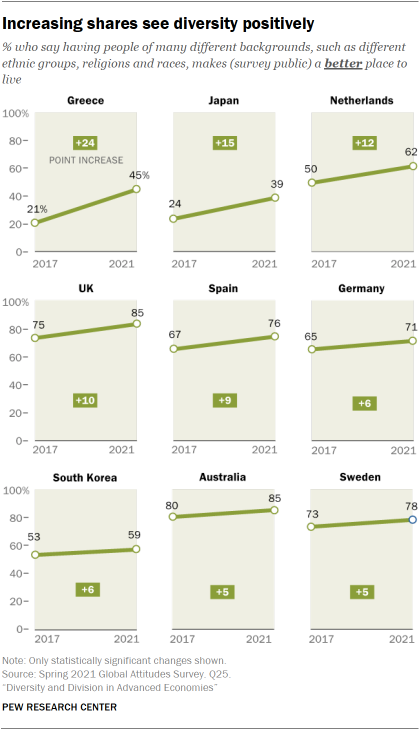
Even
in Japan and Greece, the share who think diversity makes their country
better has increased by double digits since the question was last asked
four years ago, and significant increases have also taken place in most
other nations where trends are available.
Alongside this growing
openness to diversity, however, is a recognition that societies may not
be living up to these ideals: In fact, most people say racial or ethnic
discrimination is a problem in their society. Half or more in almost
every place surveyed describe discrimination as at least a somewhat
serious problem – including around three-quarters or more who have this
view in Italy, France, Sweden, the U.S. and Germany. And, in eight
surveyed publics, at least half describe their society as one with
conflicts between people of different racial or ethnic groups. The U.S.
is the country with the largest share of the public saying there is
racial or ethnic conflict. 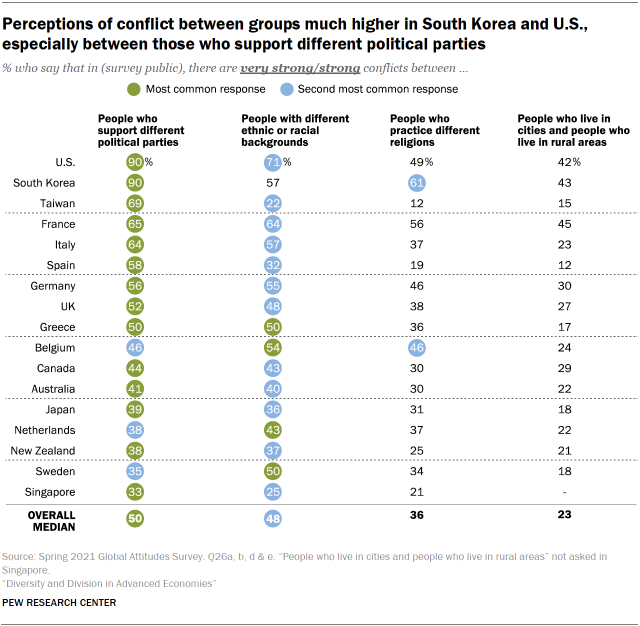
Notably,
however, in most societies racial and ethnic divisions are not seen as
the most salient cleavage. Rather, in the majority of places surveyed,
more people identify conflicts between people who support different
political parties than conflicts between people with different ethnic or
racial backgrounds. Political divisions are also seen as greater than
the other two dimensions tested: between those with different religions
and between urban and rural residents. (For more on the actual
composition of each public surveyed on each of these dimensions, see Appendix A.)
In
the U.S. and South Korea, 90% say there are at least strong conflicts
between those who support different parties – including around half or
more in each country who say these conflicts are very strong. In Taiwan,
France and Italy, around two-thirds say the political conflicts in
their society are strong. Still, in around half of the surveyed publics,
fewer than 50% say the same. 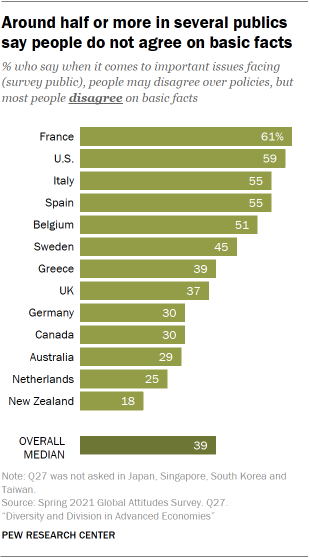
In
some places, this acrimony has risen to the level that people think
their fellow citizens no longer disagree simply over policies, but also
over basic facts. In France, the U.S., Italy, Spain and Belgium, half or
more think that most people in their country disagree on basic facts
more than they agree. Across most societies surveyed, those who see
conflict among partisans are more likely to say people disagree on the
basic facts than those who do not see such conflicts.
Views on
the topic are also closely related to views of the governing party or
parties in nearly every society (for more on how governing party is
defined, see Appendix B).
In every place but the U.S. and Italy, those with unfavorable views of
the governing coalition are more likely to say most people disagree on
the basic facts than those with favorable views of the government. 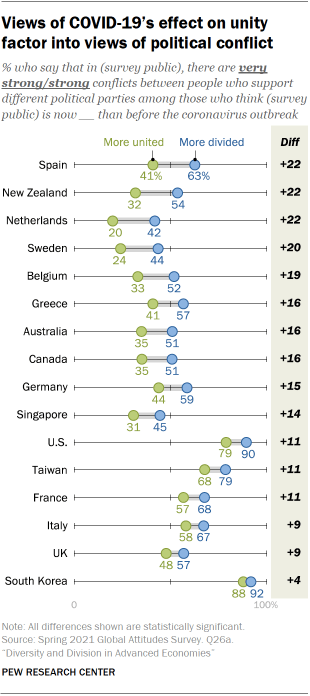
Although
divisions between racial and ethnic groups as well as between partisans
are palpable for many, other types of conflicts are less commonly
perceived. For example, in no place surveyed does a majority think there
are strong conflicts between people who live in cities and people who
live in rural areas. Similarly, only a minority in most countries say
there are divisions between people who practice different religions –
though around half or more do sense such conflicts in South Korea,
France and the U.S.
Beyond divisions between specific groups,
there is also a widespread – and growing – sense that societies are more
divided now than they were before the COVID-19 pandemic. A median of 61% across the 17 advanced economies
say they are now more divided than before the outbreak, and in all but
one of the 13 countries also polled in summer 2020, the sense that
societies are more divided than united has risen significantly since
last year. Those who describe their society as more divided than before
the global health emergency are also significantly more likely to see
conflicts between different groups in society and to say their fellow
citizens disagree over basic facts.
Spotlight: Divided societies
In
the U.S., France and South Korea, at least a majority say that having
people of many different backgrounds makes their country a better place
to live. Still, these three countries stand out for the degree to which
people perceive various conflicts. In each of these places, the publics
are among the most likely to describe their society as divided, and this
is the case across each of the dimensions asked about: political,
racial and ethnic, religious, and geographic. 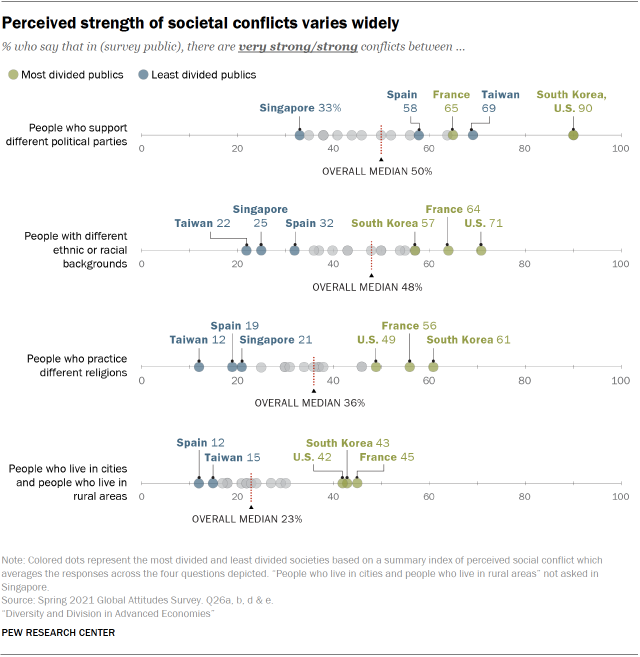
United States
When
it comes to perceived political and ethnic conflicts, no public is more
divided than Americans: 90% say there are conflicts between people who
support different political parties and 71% say the same when it comes
to ethnic and racial groups. (Results of a different question
asking specifically about conflicts between Democrats and Republicans
also found that 71% of Americans think conflicts between the party
coalitions are very strong and another 20% say they are somewhat strong.
The sense of conflicts between Democrats and Republicans also increased
between 2012 and 2020.)
In terms of divisions between people
who practice different religions and between urban and rural residents,
again, Americans consistently rate as one of the three most divided
publics of the 17 surveyed.
Some of these perceived divisions
differ by racial and ethnic background. For example, more Black adults
(82%) see conflict between people with different ethnic or racial
backgrounds than White (69%) or Hispanic (70%) adults. 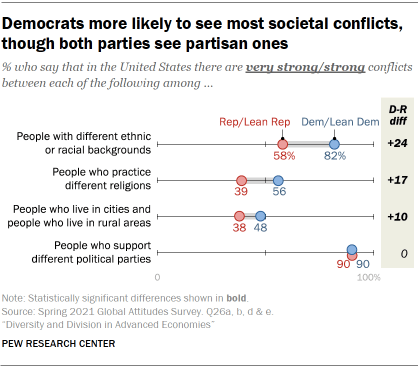
Another
major axis of division in the U.S. is partisan identification.
Democrats and independents who lean toward the Democratic Party are much
more likely to see conflict between people of different racial and
ethnic groups than are Republicans and independents who lean Republican.
There are also partisan differences in opinion over whether people who
practice different religions or those who live in urban and rural areas
have conflicts.
Notably, however, both Democrats and Republicans
share a widespread belief that there are conflicts between those who
support different political parties. Democrats and Republicans are also
equally likely to say Americans disagree over basic facts. For more, see
“Americans see stronger societal conflicts than people in other advanced economies.”
France
On
three of the four dimensions asked about, French adults are among the
most likely to say there are conflicts – and the highest share in France
perceives divisions between rural and urban residents. Partisanship
plays some role in perceived divisions. Supporters of the Republicans, a
right-of-center party, tend to see more conflicts than supporters of
the Socialist Party or the ruling En Marche. For example, 76% who
support the Republicans say there is conflict between people of
different racial or ethnic groups, compared with 56% of Socialist Party
supporters or 54% of En Marche supporters.1 French women are also more
likely to see conflicts in many parts of their society than are men. 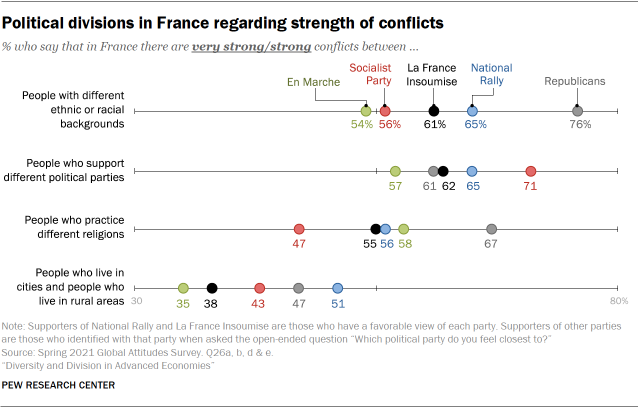
South Korea
More
in South Korea than in any other public surveyed say there are
conflicts between people who practice different religions (61%) in their
society. They are also tied with the U.S. as the society where the
highest share sees partisan divisions: 90% of South Koreans say this,
including 50% who say such conflicts are very strong. And, on issues
between ethnic and racial groups and between rural and urban residents,
South Korea is consistently one of the top three most divided publics.
There
is no single pattern to the divisions that South Koreans perceive in
their society. Rather, depending on the conflict in question, different
cleavages emerge. For example, when it comes to conflicts between rural
and urban residents, those with lower incomes are more likely to
identify conflicts than those with higher incomes. Younger South
Koreans, for their part, are more likely to say there are racial or
ethnic conflicts in their society than are older people, and those with
higher education levels also agree relative to those with lower
education levels.
Spotlight: Societies with fewer divisions
Singapore 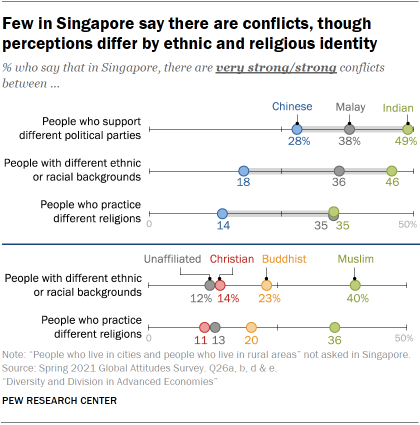
The small island nation of Singapore is one of the least divided societies surveyed. Although it is ethnically and racially diverse
– and even boasts four official languages that correspond with the
dominant ethnic groups – fewer Singaporeans (25%) report conflicts
between people of different ethnic and racial backgrounds than nearly
any other public surveyed. Singaporeans are also among the least divided
religiously, with only 21% saying there are conflicts between people
who practice different religions, despite being quite heterogeneous religiously.
Notably, however, perceived divisions vary based on people’s
self-reported ethnic and religious identity. For example, ethnic Indians
and Malays are more likely to see political, ethnic and religious
conflicts than ethnic Chinese. Similarly, Muslims are somewhat more
likely to see conflicts both between those who practice different
religions and those of different racial and ethnic groups than are
self-reported Buddhists or Christians.
Singapore also stands
out for seeing the fewest divisions between people who support different
political parties (33%). The nation-state is largely governed by the People’s Action Party,
which garnered around 61% of the vote and 89% of parliamentary seats in
the most recent 2020 election, with the Worker’s Party securing the
remainder. Singaporeans were not asked about conflicts between rural and
urban residents because the nation-state is entirely urban.
Spain
Spaniards
are the least divided among the 17 publics surveyed when it comes to
geography, with only 12% of the public saying there are conflicts
between rural and urban residents. Only 19% report conflicts among those
who practice different religions, making it one of the two least
religiously divided societies. And only around a third see conflicts
between those with different racial and ethnic backgrounds, which ranks
the country in the bottom three for this division as well. Still, when
it comes to partisan differences, Spaniards see more conflicts. This country – which has active separatist movements, and has seen the collapse of the two-party system and the rise of populist parties
– is one where a 58% majority see at least some conflict between those
who support different political parties. Spaniards on the ideological
left are somewhat more likely than those on the right to describe
conflicts between partisans.
Taiwan
The share of adults in
Taiwan who say there are conflicts between people who practice different
religions (12%) is smaller than the share who say the same in any of
the other places surveyed. They are also among the least likely to
report conflicts between rural and urban residents (15%) and between
those with different racial and ethnic backgrounds (22%). Still, adults
in Taiwan do see major divisions between those who support different
political parties: 69% say there are conflicts, which ranks the island
among the top three most politically divided locations. Supporters of
the governing Democratic Progressive Party (DPP) and nonsupporters are
equally likely to see such political disagreements.
These are
among the findings of a new Pew Research Center survey, conducted from
Feb. 1 to May 26, 2021, among 18,850 adults in 17 advanced economies.
Other key findings include:
People on the ideological left are often
more likely to say diversity improves their societies, as well as to
describe discrimination as a problem. But when it comes to identifying
conflicts between different racial and ethnic groups, the relationship
varies. In the U.S. and Greece, those on the left are more likely to
describe these racial tensions than those on the right, whereas in
Sweden, Italy and Germany, the opposite is true. 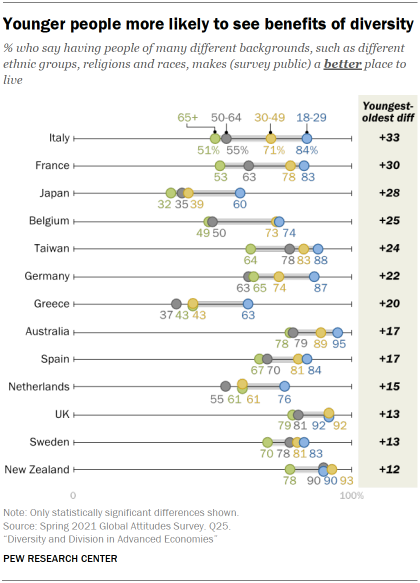
Younger
respondents tend to say people of different backgrounds make their
society a better place to live – but also tend to see more conflicts and
discrimination in their society than older people. For example, in
Greece, around six-in-ten of those under age 30 say having people of
many different ethnic groups, religions and races improves their
society, compared with only around four-in-ten of those ages 65 and
older who say the same. Yet those under 30 are also around twice as
likely – or more – as those ages 65 and older to report conflicts
between people who support different parties, between different ethnic
groups, and between different religious groups.
In some publics,
people who think the economy is doing well tend to see fewer conflicts
between groups in their society and see more benefits stemming from
diverse people living around them.
Diverse society seen positively in most advanced economies 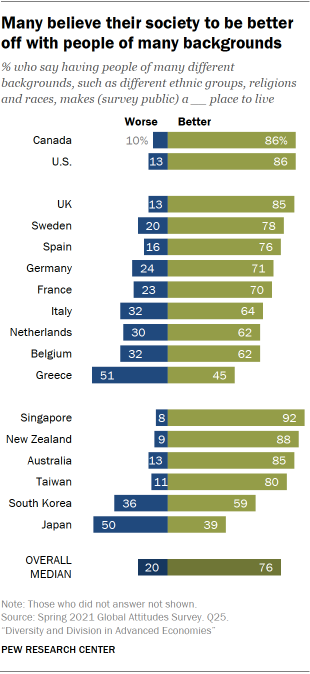
Across
most of the 17 advanced economies surveyed, majorities – and in many
cases, large majorities – say that having people of many ethnic groups,
religions and races makes their society a better place to live. This
opinion is most strongly held in Singapore, where 92% say that having
people of different ethnic groups, religions and races makes Singapore a
better place to live. Eight-in-ten or more in New Zealand, the U.S.,
Canada, the UK, Australia and Taiwan also say having people of many
different backgrounds makes for a better place to live.
But this
opinion is not universally held. About half of Greek and Japanese
adults say that having a diverse society makes their country a worse
place to live. Still, this represents significant declines from 2017,
when majorities in Greece (62%) and Japan (57%) said diversity makes
their country a worse place to live. 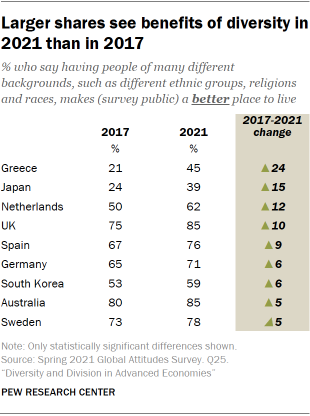
In
fact, attitudes have generally become more open to diversity since the
question was last asked in 2017. The share who say having people of many
different backgrounds makes their society a better place to live has
increased significantly in nine of 11 countries where the question was
posed in both 2017 and 2021. Views have changed most dramatically in
Greece, where 45% now say having people of many different backgrounds
makes their society better compared with just 21% who held that view in
2017, an increase of 24 percentage points.
While majorities in
nearly every survey public agree that diversity in society is a
positive, younger people and those with more education are significantly
more likely than older people and those with less education to hold
this opinion.
For example, 84% of Italians ages 18 to 29 say
having people of many different backgrounds makes Italy a better place
to live, while about half (51%) of Italians ages 65 and older agree.
Italy also has the largest attitudinal gap between those with a
postsecondary education or more and those with less than a postsecondary
education: 89% of more educated Italians view diversity positively,
compared with 58% of educated Italians with less education, a gap of 31
points.
Wealthier people express more positive views of
diversity than those with lower incomes in some of the places surveyed.
For instance, nine-in-ten Britons with higher incomes say having people
of many different ethnic groups, races and religions makes the UK a
better place to live; eight-in-ten Britons with lower incomes say the
same. Income gaps also appear in Italy, Australia, France, Belgium,
Sweden, Canada, Singapore and the U.S.
And in 12 of 17 advanced
economies, those who say the current economic situation is good are
significantly more likely to say diversity makes their society better
than those who say the economic situation is bad. 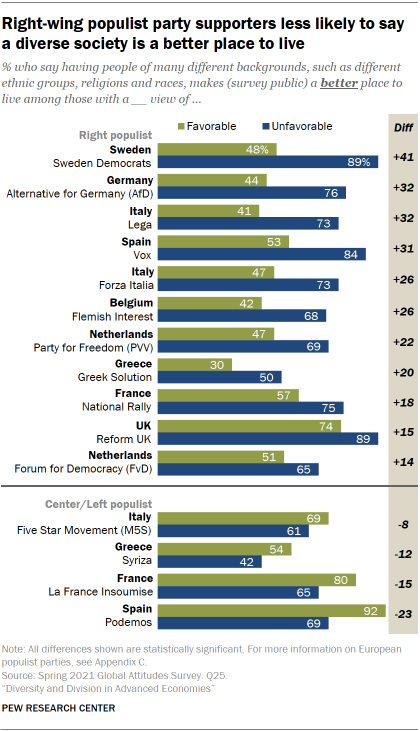
Large
divides on the question appear between supporters and nonsupporters of
right-wing populist parties in Europe, many of which advocate for strict
anti-immigration policies and openly oppose multiculturalism (for more on how populist parties are defined, see Appendix C). The divide is largest between those with favorable and unfavorable views of Sweden Democrats (48% vs. 89%, respectively).
On
the other hand, supporters of center and left-wing populist parties in
Italy, Greece, France and Spain are more likely to say diversity makes
their country a better place to live.
Discrimination seen as a serious problem in most advanced economies 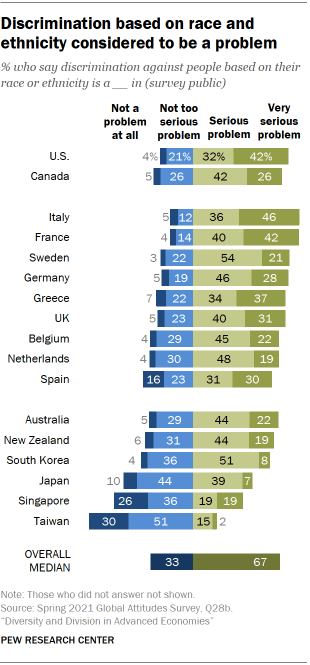
When
it comes to racial and ethnic discrimination, a median of 67% say it is
a serious or very serious problem in their own society, though views
vary widely.
Americans and Canadians generally agree that racial
and ethnic discrimination is at least a serious problem in their
respective countries. Around three-quarters of Americans think so, as do
around two-thirds of Canadians.
Across Europe, a median of
around seven-in-ten say discrimination against people based on their
race or ethnicity is a serious or very serious problem, while only about
a quarter think it is not too serious of a problem or not a problem at
all. Italy reports the highest percentage of adults who say racial and
ethnic discrimination is a very serious problem (46%).
In the
Asia-Pacific region, views on the topic vary more widely than in Europe
and North America. At least six-in-ten Australians and New Zealanders
say discrimination against people based on their race and ethnicity is a
serious or very serious problem in their country. Taiwan, Singapore and
Japan are the only places surveyed where majorities say discrimination
is either not too serious or not a problem at all. 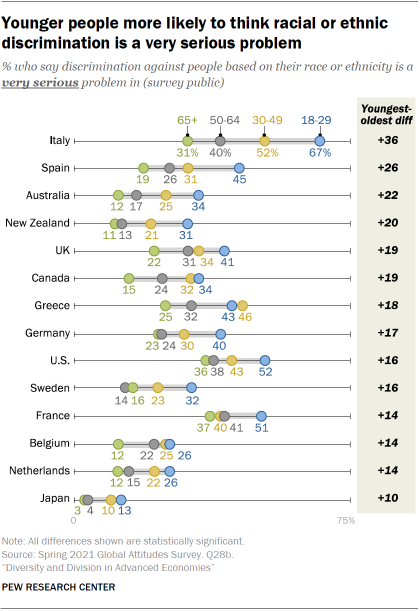
In
14 of the 17 advanced economies surveyed, younger people are
significantly more likely than older people to say racial or ethnic
discrimination is a very serious problem. This is is especially true in
Italy, where two-thirds of Italians ages 18 to 29 say racial or ethnic
discrimination is a very serious problem, while only about one-third of
Italians ages 65 and older say the same.
Age gaps of 20
percentage points or more also appear in Spain, Australia and New
Zealand. Even in Japan, where only 7% overall say racial or ethnic
discrimination is a very serious problem, adults under 30 are 10 points
more likely than those 65 and older to hold this view (13% and 3%,
respectively).
While there are few differences in responses by
education or income, women are more likely than men to say racial or
ethnic discrimination is a serious or very serious problem in 13 of 17
publics surveyed. 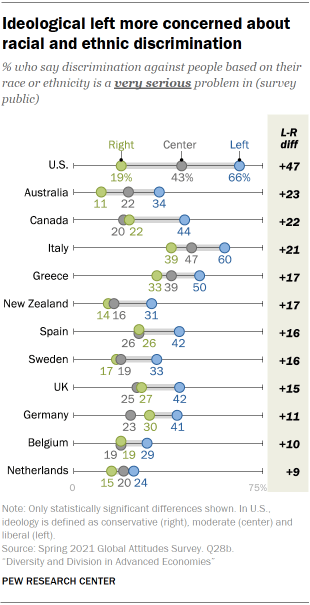
In keeping with previous findings that ideological divisions in the U.S. are wider
than in other countries, the U.S. is by far the most ideologically
divided on the question of racial and ethnic discrimination. About
two-thirds of Americans on the left say racial and ethnic discrimination
in the U.S. is a very serious problem; only 19% of Americans on the
right hold that view.
Still, there are significant left-right
divides in many other countries on the seriousness of racial and ethnic
discrimination. Australians, Canadians and Italians on the left are more
than 20 points more likely than those on the right to say
discrimination based on race or ethnicity is a very serious problem in
their country. 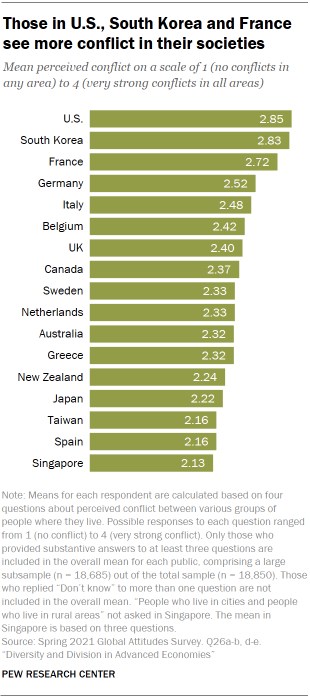
To
understand how people view divisions in their societies, we asked about
the strength of the conflict that people see between various groups,
including: 1) those who support different political parties, 2) those
with different ethnic or racial backgrounds, 3) those who practice
different religions and 4) those who live in cities compared with those
who live in rural areas. (For more on each society’s composition across
these four dimensions, see Appendix A.)
We
created a summary index of perceived social conflict by averaging
responses across the four questions. Higher values indicate that, on
average, people see more friction between groups in their society.
Perceived
conflict is highest in the U.S., South Korea and France. Notably,
Koreans are much more likely than others in the Asia-Pacific region to
view conflict among social groups. Four of the five publics with the
lowest conflict scores are in this region: Singapore, Taiwan, Japan and
New Zealand. In contrast, conflict scores tend to be relatively higher
in North America and Europe. Here, Spain is the exception, with a
generally low average. Though the overall magnitude varies across the 17
publics surveyed, most show the same pattern when it comes to which
groups are more or less likely to be divided. Overall, people see the
strongest conflicts among those who support different political parties
and those with different ethnic or racial backgrounds. In comparison,
people tend to see less conflict among those who practice different
religions. And relatively few see strong tensions between people who
live in cities and people who live in rural areas.
Perceived conflict between supporters of different political parties 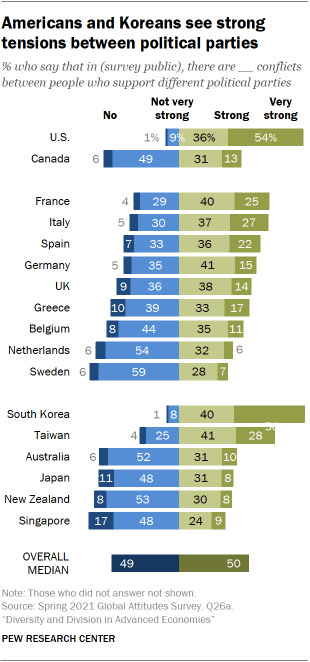
A
median of 50% across the 17 publics surveyed say there are strong
conflicts between people who support different political parties. This
sentiment is particularly high in the U.S. and South Korea, where
nine-in-ten see tensions between different party backers. At least half
in both countries say these conflicts are very strong.
Compared
with their southern neighbors, Canadians see their country as much less
divided across party lines. Only 44% think there are strong partisan
conflicts. (The survey was conducted before Canadian Prime Minister
Justin Trudeau called a snap election in August 2021.)
In
Europe, majorities in France, Italy, Spain and Germany say there are
strong conflicts between supporters of different political parties. A
quarter or more in France and Italy see these tensions as very strong.
Sweden and the Netherlands are among the least politically divided
countries in this region, with 35% and 38% seeing strong conflicts,
respectively. While people in South Korea are the most likely in the
Asia-Pacific region to see strong conflicts between different party
backers, nearly seven-in-ten in Taiwan hold the same view. Relatively
few in the rest of the region say there are strong partisan conflicts in
their society. Singaporeans feel particularly united when it comes to
politics; 17% say there are no conflicts at all. 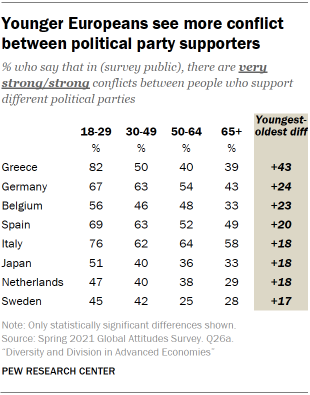
In
many of the European countries surveyed, younger adults are more likely
than those ages 65 and older to say there are strong conflicts between
supporters of different political parties. Younger and older Greeks are
especially divided. Only 39% of Greeks ages 65 and older think there are
strong partisan tensions in their country, compared with 82% of Greeks
ages 18 to 29.
Similar, though smaller, differences can also be
seen in Germany, Belgium, Spain, Italy, the Netherlands and Sweden.
Outside of Europe, a third of older adults in Japan see their country as
politically divided, compared with roughly half of those under 30.
Notably,
there are very few differences by ideology or support for the governing
party. In the U.S., for example, Republicans and Republican-leaning
independents are just as likely as Democrats and Democratic-leaning
independents to think there are strong partisan tensions in the U.S.
(both 90%).
There is a relatively strong correlation between
perceptions of partisan conflict among the general public and the views
of experts (r=+0.72). In publics where larger shares of survey
respondents say there is tension between different party backers,
experts generally report greater political polarization (according to
the V-Dem
political polarization measure, which quantifies the extent to which
trained coders view each public as polarized into antagonistic political
groups). 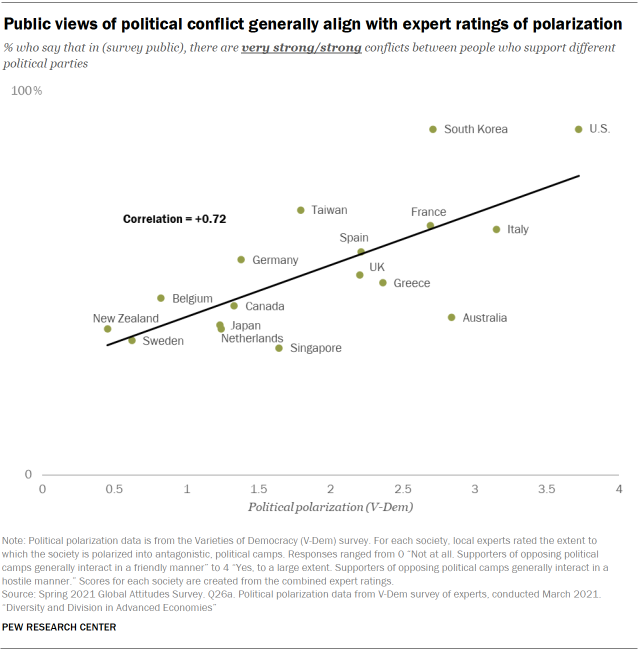
Additionally,
the share of people across the 17 publics surveyed who say there are
very strong conflicts between supporters of different political parties
is moderately correlated (r=+0.59) with the share of seats received by
the second-largest party in an election. For example, in the 2020
election in Taiwan, the Democratic Progressive Party (DPP) received 54%
of the seats in Taiwan’s legislature while the Kuomintang (KMT) – the
second-largest party – received 34%, making for a relatively divided
chamber. Roughly three-in-ten in Taiwan say there are very strong
partisan conflicts in their society. Toward the other end of the
spectrum, one can look at Japan, where the ruling Liberal Democratic
Party (LDP) won 59% of seats in the House of Representatives in the 2017
election, while the second-largest party – the Constitutional
Democratic Party (CDP) –received just 11%. In Japan, a much smaller
share of the public describes very strong tensions between different
party supporters (8%).
Perceived conflict between people with different ethnic or racial backgrounds 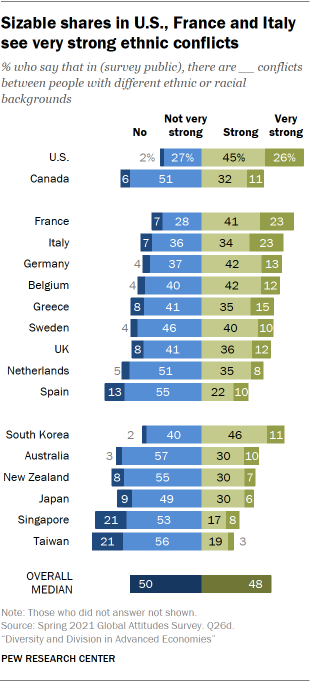
Many
people across the 17 advanced economies surveyed see strong conflicts
between people with different ethnic or racial backgrounds (a median of
48%). People in the U.S. (71%), France (64%) and Italy (57%) are
particularly likely to view these tensions as strong, with around a
quarter in each country who say they are very strong. While majorities
in South Korea and Germany also say there are strong conflicts in their
society, only around one-in-ten rate them as very strong.
In
Sweden, Belgium and the Netherlands, people are more likely to say there
are strong conflicts between people from different ethnic or racial
backgrounds than between people who support different political parties.
In Sweden, for example, while only 35% see their country as politically
divided, 50% see tensions based on race or ethnicity.
In about
half of the publics surveyed, women are more likely than men to say that
there is friction between people from different ethnic backgrounds. For
example, 49% of German men compared with 61% of German women hold this
view. Similar gender differences are seen in Belgium, France, Greece,
Italy, the Netherlands, New Zealand and Taiwan.
Overall, there
are few ideological differences. In Germany, Sweden and Italy, those on
the right of the ideological spectrum are more likely than those on the
left to see strong conflicts between people from different racial and
ethnic backgrounds. This pattern is reversed in Greece and the U.S.,
with those on the left more likely to say that there are racial or
ethnic tensions in their countries.
Consistent with the
ideological differences in the U.S., Democrats (82%) are much more
likely than Republicans (58%) to say there are strong conflicts based on
race and ethnicity in their country. And Black Americans (82%) see more
conflict between people of different racial and ethnic backgrounds than
White (69%) and Hispanic Americans (70%).
Perceived conflict between people who practice different religions 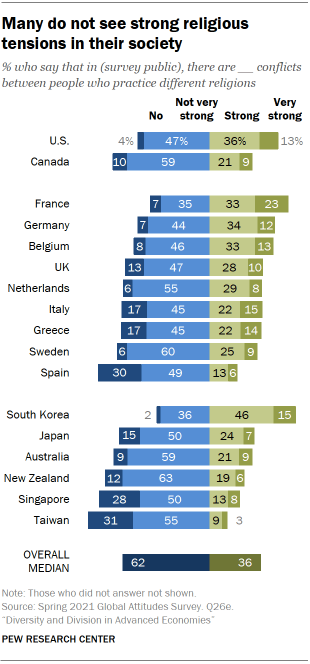
Overall,
fewer people see strong religious conflicts, compared with conflicts
based on politics or race. A median of 36% across the 17 publics
surveyed say there are strong conflicts between people who practice
different religions in their society.
South Korea and France are
the only places surveyed where more than half of people say there are
strong divisions based on religious beliefs. And in France, almost a
quarter say these conflicts are very strong.
Roughly half of
Americans say there are strong conflicts between people who practice
different religions in their country, including 13% who say there are
very strong conflicts.
In Europe, people in Spain are by far the
least likely to say there are strong religious tensions. Only 19% of
Spaniards hold this view. More say that there are no conflicts between
different religious groups at all in their country (30%).
Again,
South Korea is an outlier in the Asia-Pacific region. Koreans are
nearly twice as likely as those in Japan, which has the second-highest
share in the region, to say there are religious tensions in their
country. In contrast, roughly three-in-ten in Singapore and Taiwan say
there are no religious conflicts at all.
Adults under 30 are
more likely than those ages 65 and older to see strong religious
divisions in Greece, Belgium, Japan, Italy, the U.S., Spain and Taiwan.
And again, Greeks are the most polarized by age, with 60% of younger
adults and 24% of older adults saying there are strong conflicts based
on religion in their country.
Different kinds of religious conflict
The
survey included two questions measuring perceived religious conflict:
1) conflict between people who practice different religions and 2)
conflict between people who are religious and people who are not
religious. The separate questions were included to determine if people
viewed tensions between, for example, Christians and Muslims, as
stronger or weaker than conflicts between people who identify with a
religion and those who do not.
The differences between these two
questions were negligible. In most countries, similar shares say there
are strong conflicts between people who practice different religions and
between those who are religious and those who are not. Across the 17
publics surveyed, the correlation between the questions was extremely
high (r=+0.97). Considering the similarities between the questions, we
focus on just one for our analysis: conflict between people who practice
different religions.
However, perceptions of religious conflict
differ somewhat by ideology in several countries. For example,
conservatives in the U.S. are more likely to see strong conflicts
between people who are religious and those who are not (50%) than
between different religious groups (39%). Liberals respond nearly the
same to both questions. And in Sweden, people on the left are less
likely to see conflicts between people who are religious and those who
are not (12%) than between different religious groups (26%).
In
Germany, Canada and Italy, there are ideological divides in the extent
to which people see conflicts between those who are religious and those
who are not, with people on the right more likely to see conflicts than
those on the left. But people on the left and right in these countries
agree on the extent to which there are conflicts between different
religious groups.
Perceived conflict between people who live in cities and people who live in rural areas 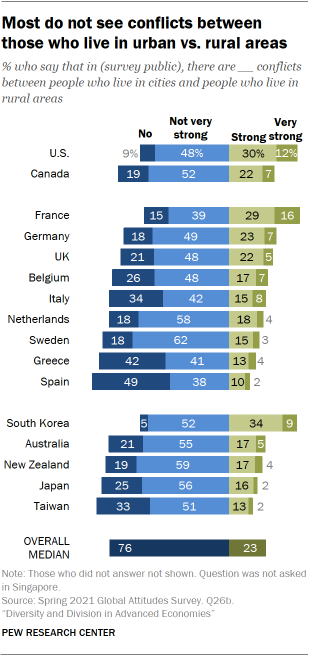
A
median of just 23% say there are strong or very strong conflicts
between people who live in cities and people who live in rural areas.
Half say there are not very strong conflicts and 20% say there are no
conflicts at all between these groups. (Medians are based on 16 publics.
This question was not asked in Singapore, a geographically small island
nation with an entirely urban population.)
Again, France, South
Korea and the U.S. stand out as particularly divided. Roughly 45% in
each country say there are strong or very strong tensions based on
geography. Elsewhere, no more than three-in-ten share this sentiment.
Spaniards
are the most likely to say that there are no conflicts at all between
those who live in cities and those who live in rural areas (49%). In
Europe, at least a quarter in Belgium, Italy and Greece say the same.
Similarly,
many in the Asia-Pacific region – with the exception of South Korea –
say there are not very strong or no conflicts based on what type of area
people live in. Roughly one-in-five or more in New Zealand, Australia,
Japan and Taiwan say there are no divisions at all between city-dwellers
and people who live in rural areas.
People across the
ideological spectrum tend to agree that there are limited conflicts
based on the type of area people live in. In the U.S., however, people
on the left (53%) are more likely than those on the right (38%) to say
that there are strong or very strong conflicts between people who live
in urban areas and people who live in rural areas.
In six
European countries – Belgium, the UK, Germany, France, the Netherlands
and Greece – those with a secondary education or below are more likely
than people with postsecondary education to say that there is friction
based on where people live in their country. In the U.S., the opposite
is true; people with more education are more likely than those with less
to say there are strong conflicts between people in urban and rural
areas.
Majorities of some publics say most people agree on basic facts 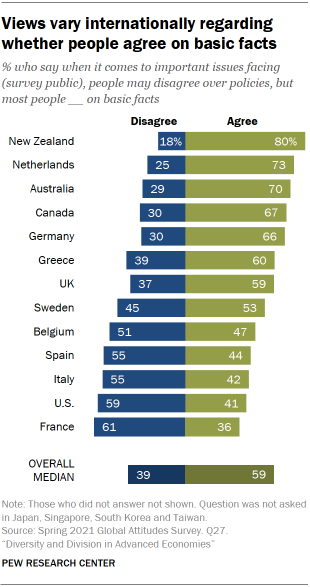
A
median of 39% believe there are fundamental disagreements over basic
facts in their society. In France and the U.S., about six-in-ten say
most people in their country disagree over basic facts, while half or
more also hold this view in Italy, Spain and Belgium. In contrast,
roughly two-thirds or more in New Zealand, the Netherlands, Australia,
Canada and Germany think most people agree on basic facts, even if they
disagree about policies.
This high sense of disagreement over facts may be due, at least in part, to struggles to combat pandemic-related conspiracy theories.
In most places surveyed, those who believe COVID-19 has made their
society more divided are much more likely to say people disagree over
basic facts than those who say COVID-19 has made their society more
united.
Perception of political conflicts is strongly tied to
whether adults think their fellow citizens agree or disagree on basic
facts. In every public surveyed, those who say there are very strong or
strong conflicts between people who support different political parties
are more likely to think people disagree on basic facts. This divide is
largest in Sweden: 62% of Swedes who say there are political conflicts
think most people disagree about basic facts, compared with only 37% of
Swedes who say there are not very strong or no conflicts between people
who support different political parties.2
Views on the topic are
closely related to views of the governing party or parties in each
place surveyed. Outside of the U.S. and Italy, in every other public
those with unfavorable views of the governing coalition are more likely
to say most people disagree about basic facts than those with favorable
views of the government.
Rubén Weinsteiner



